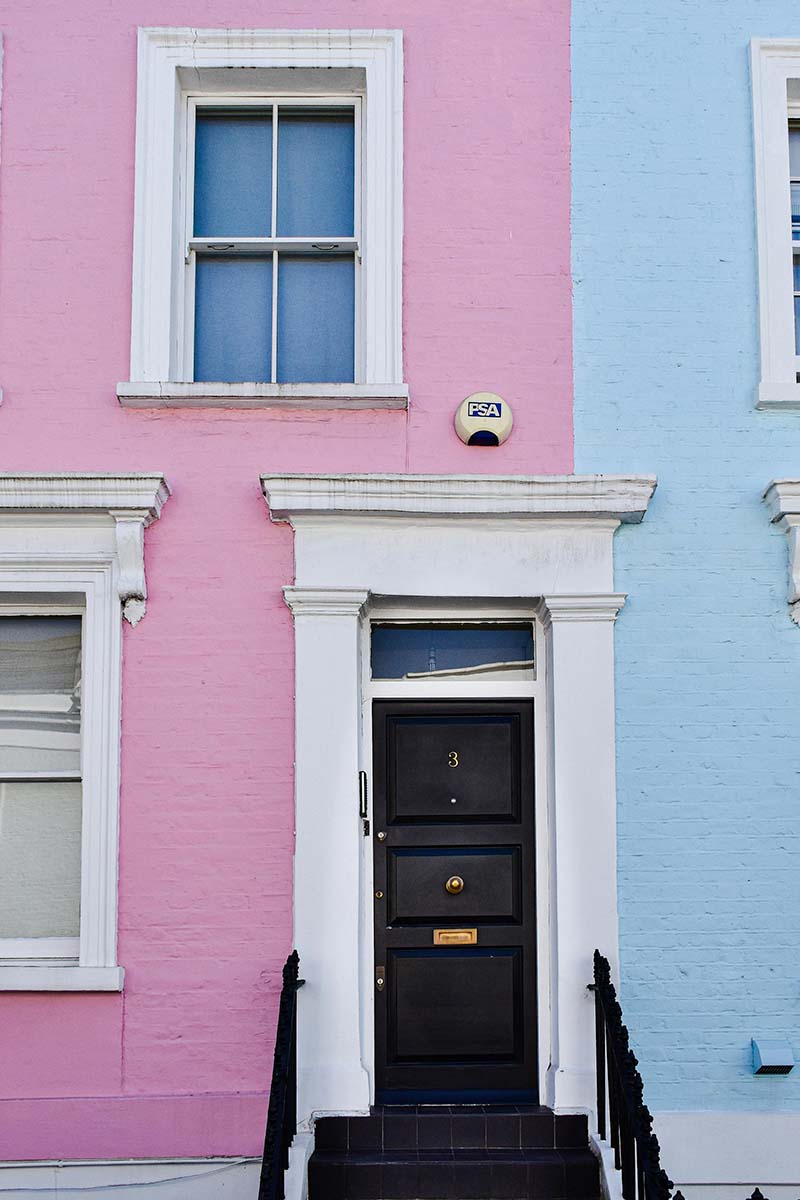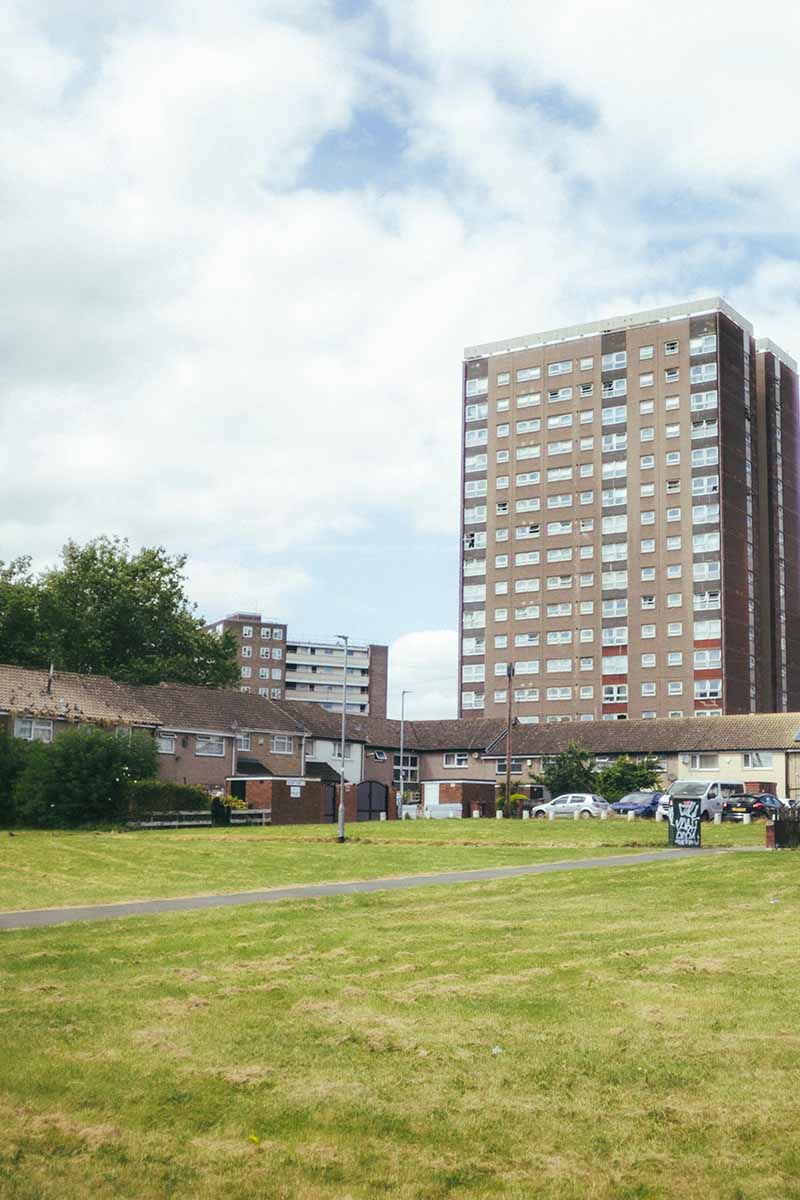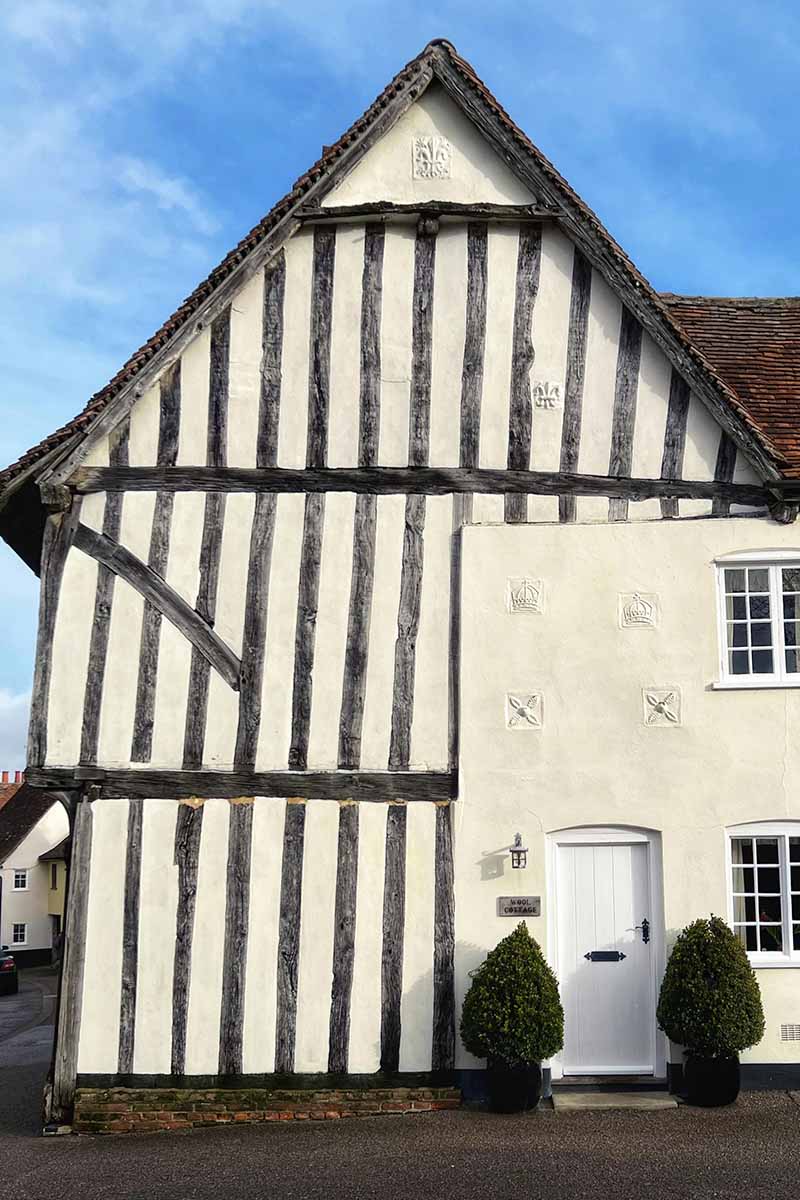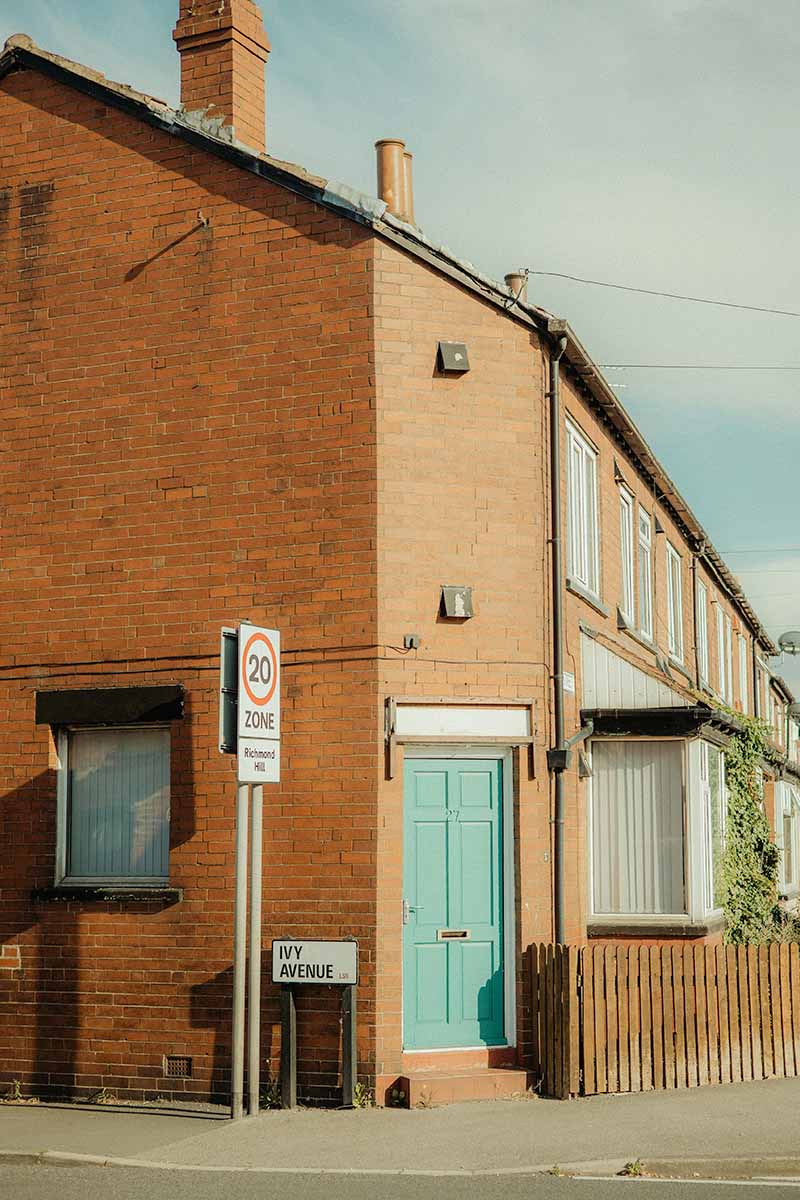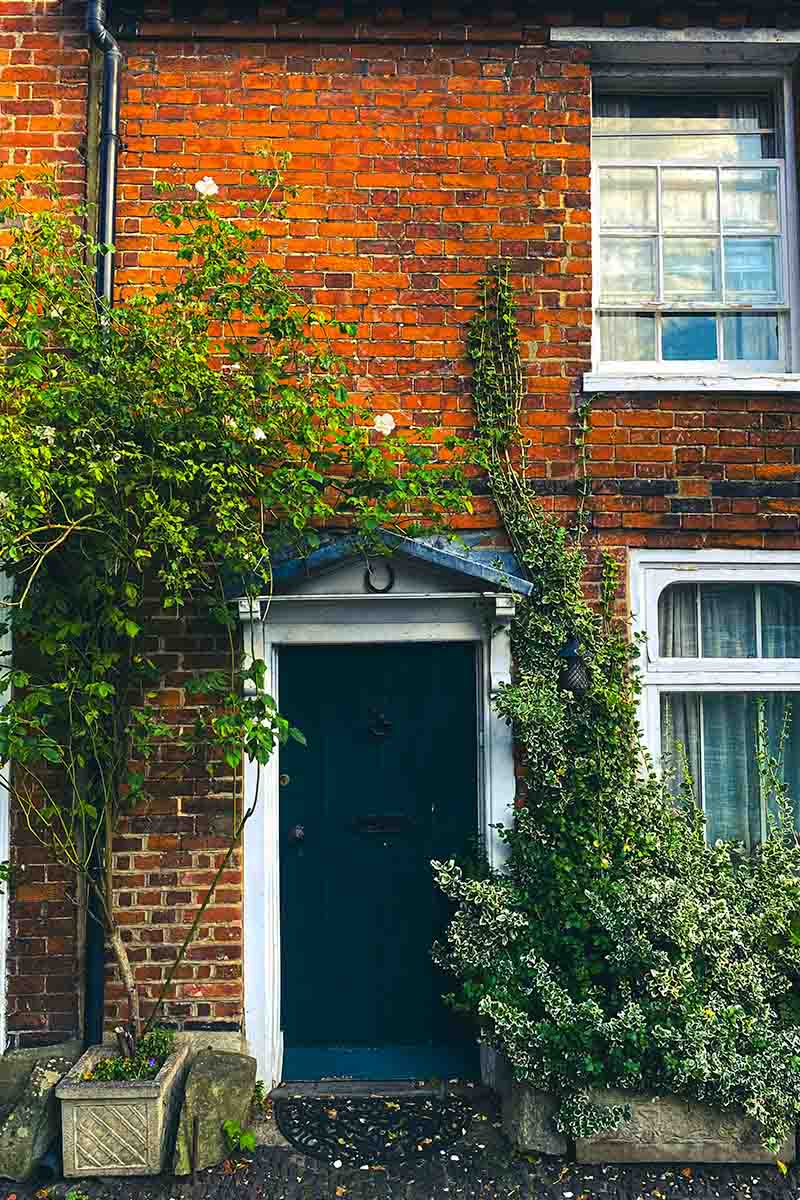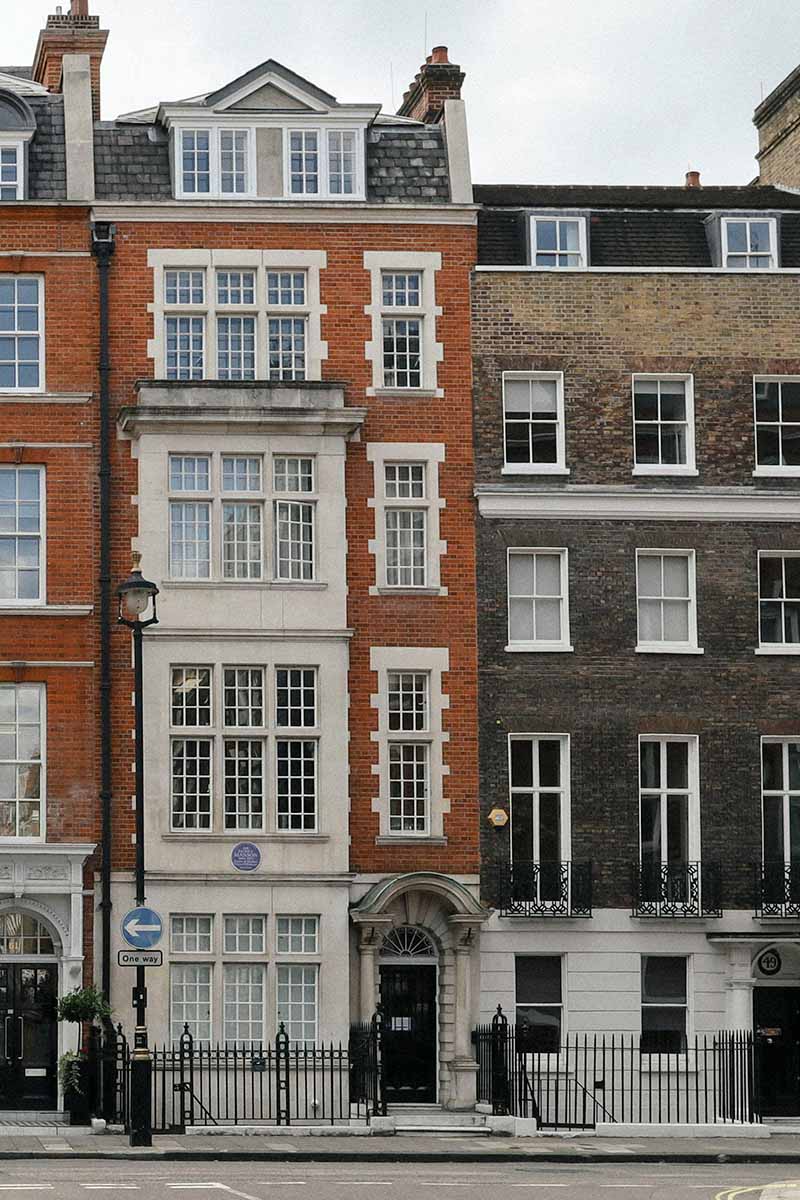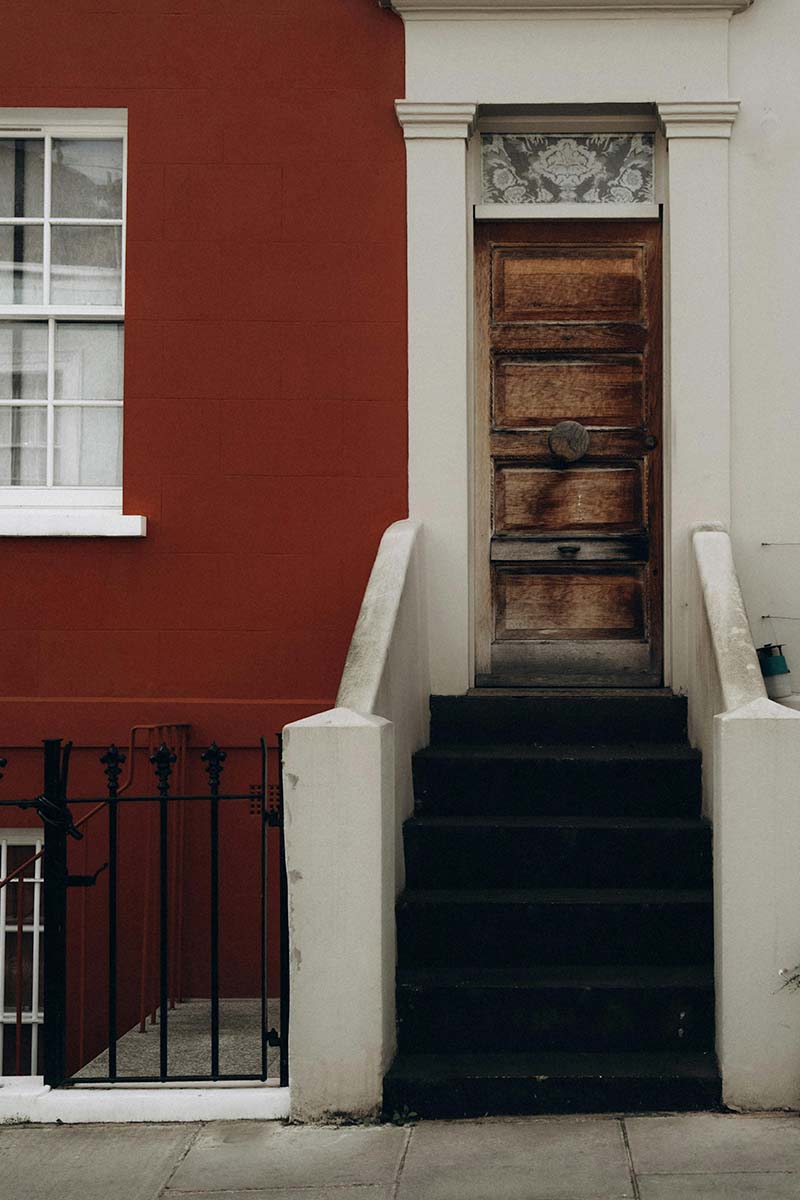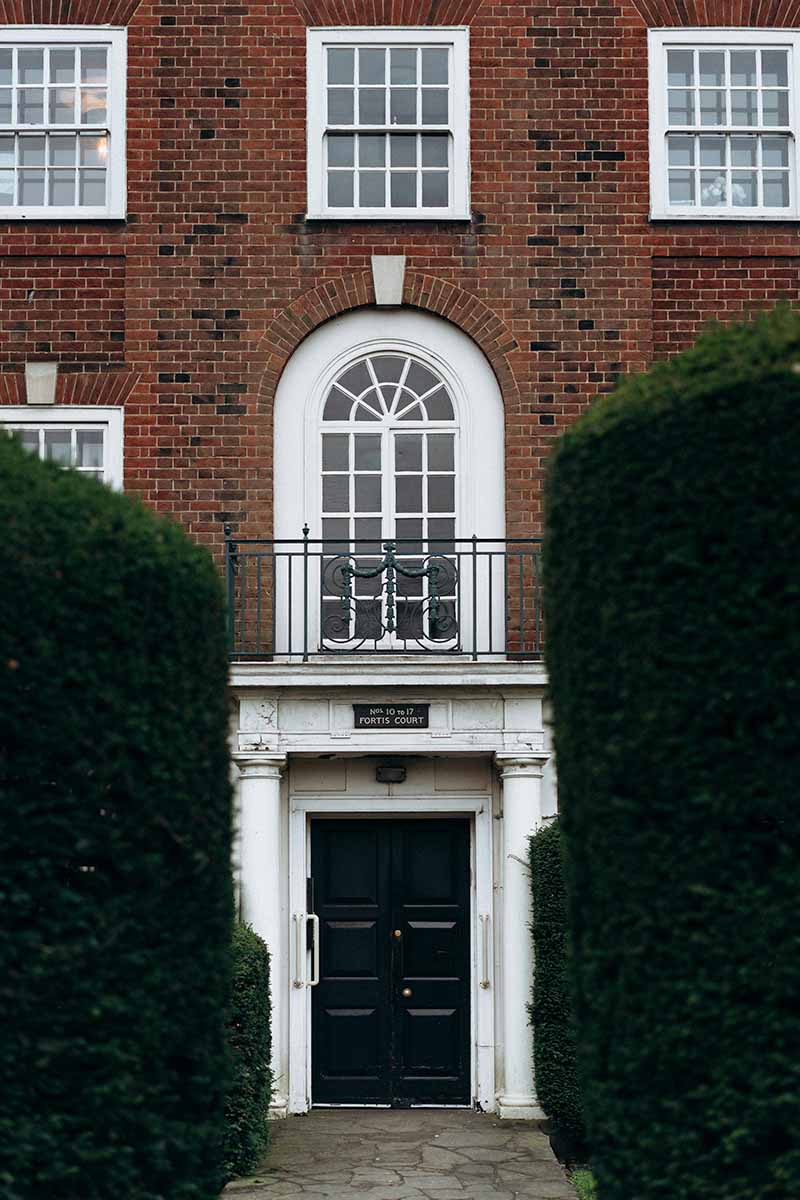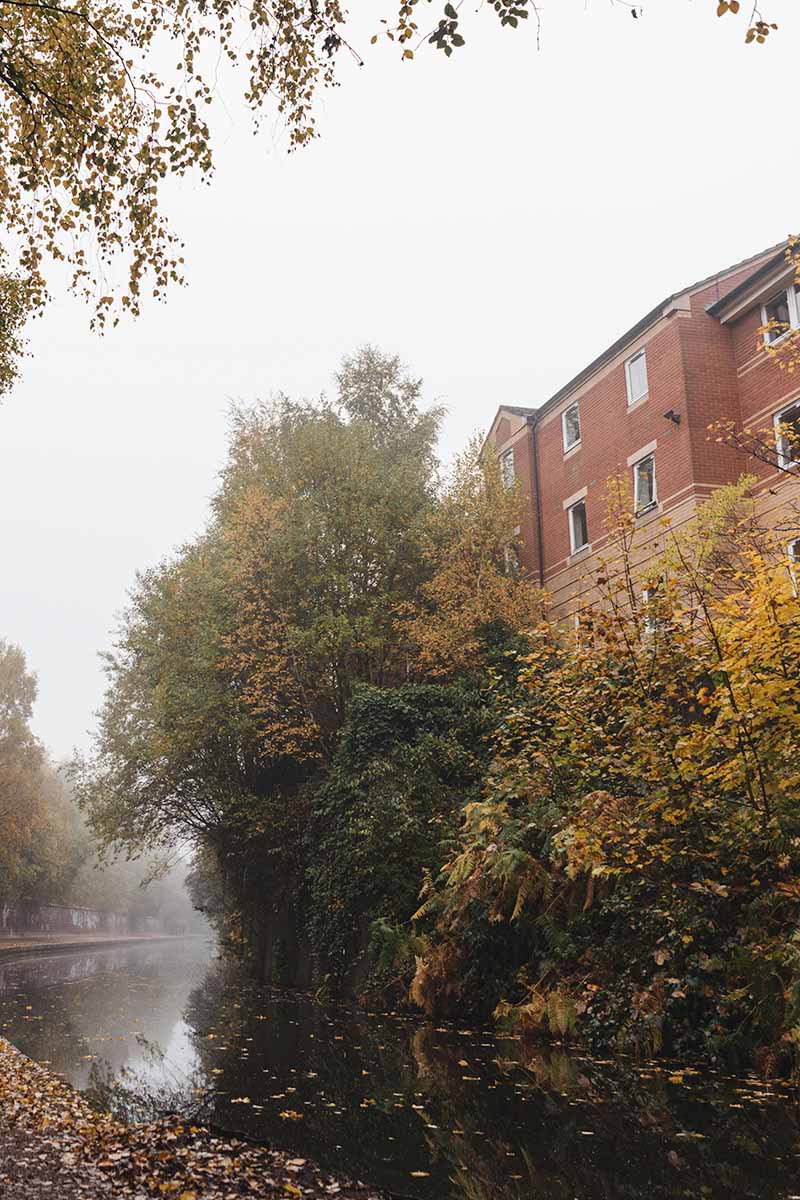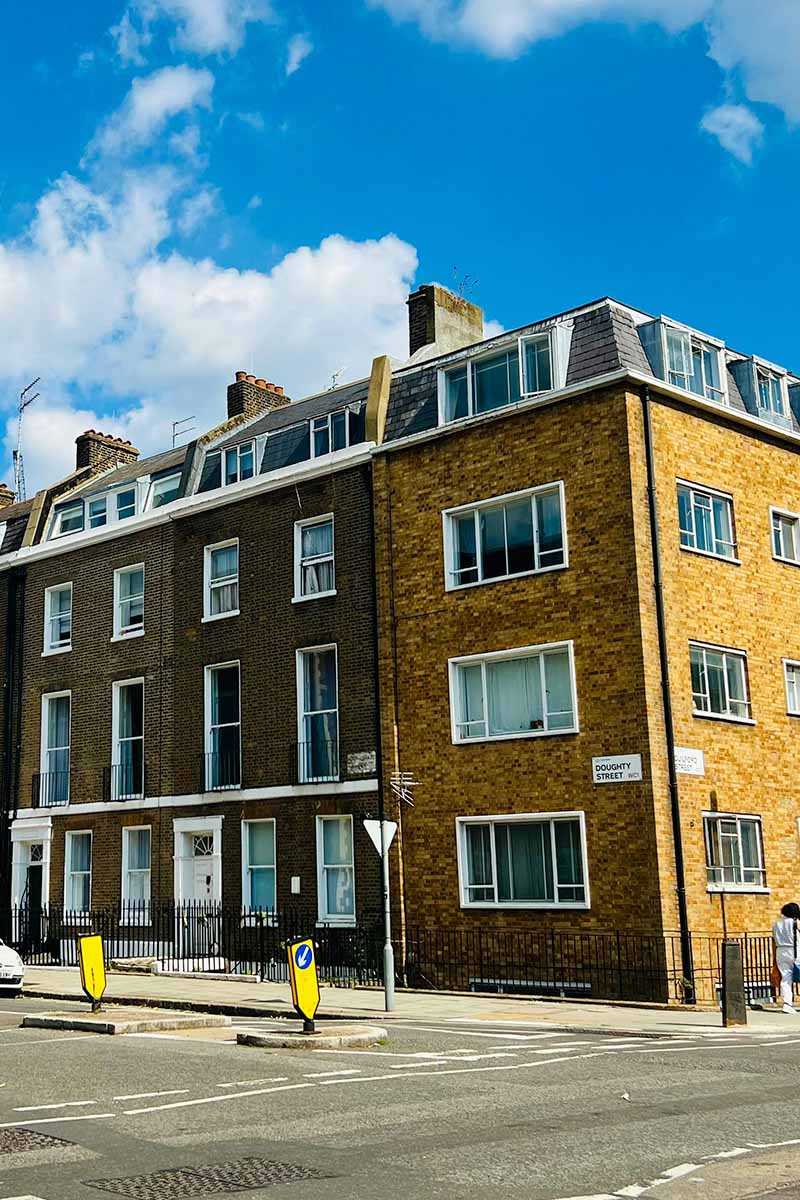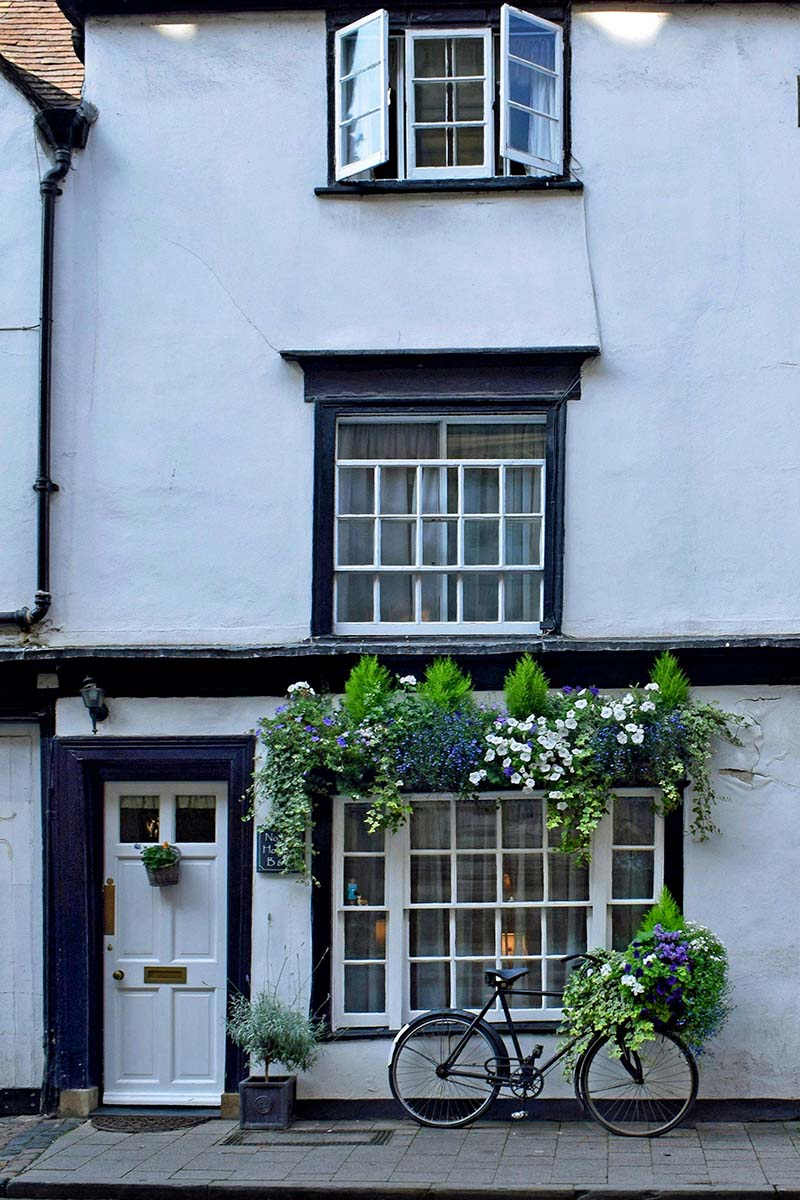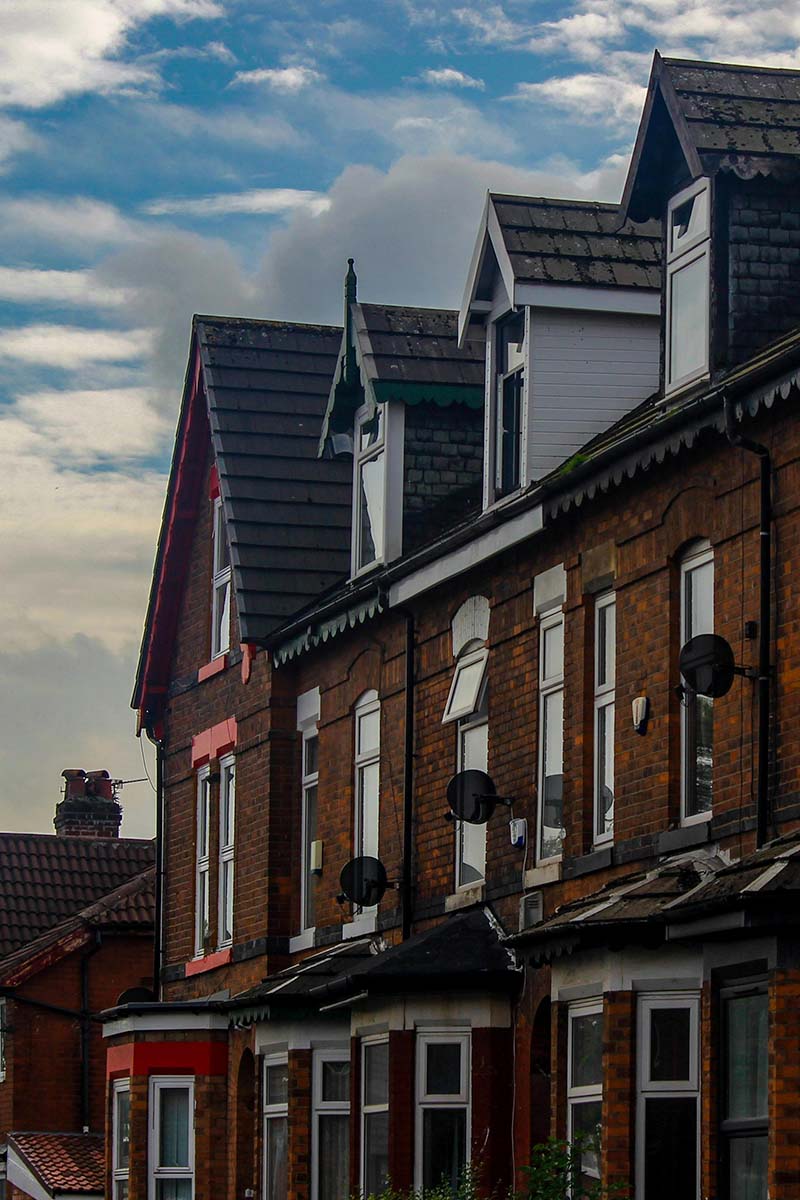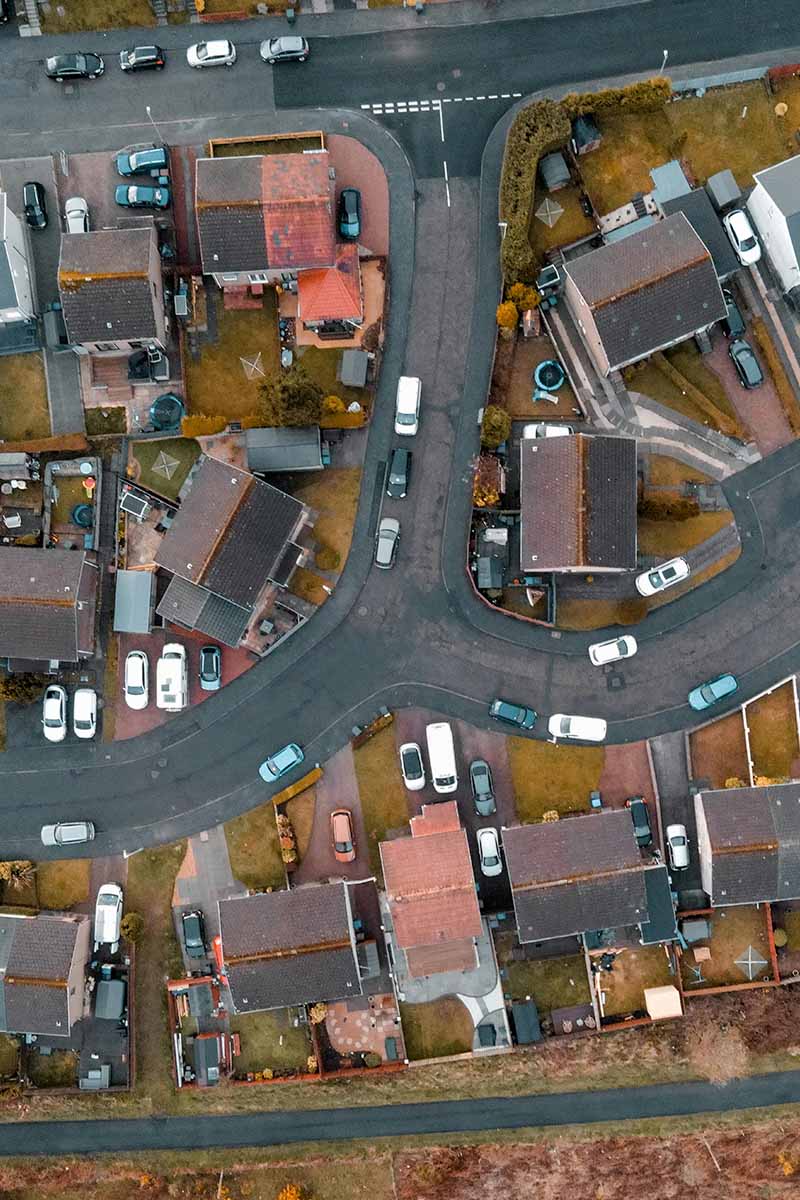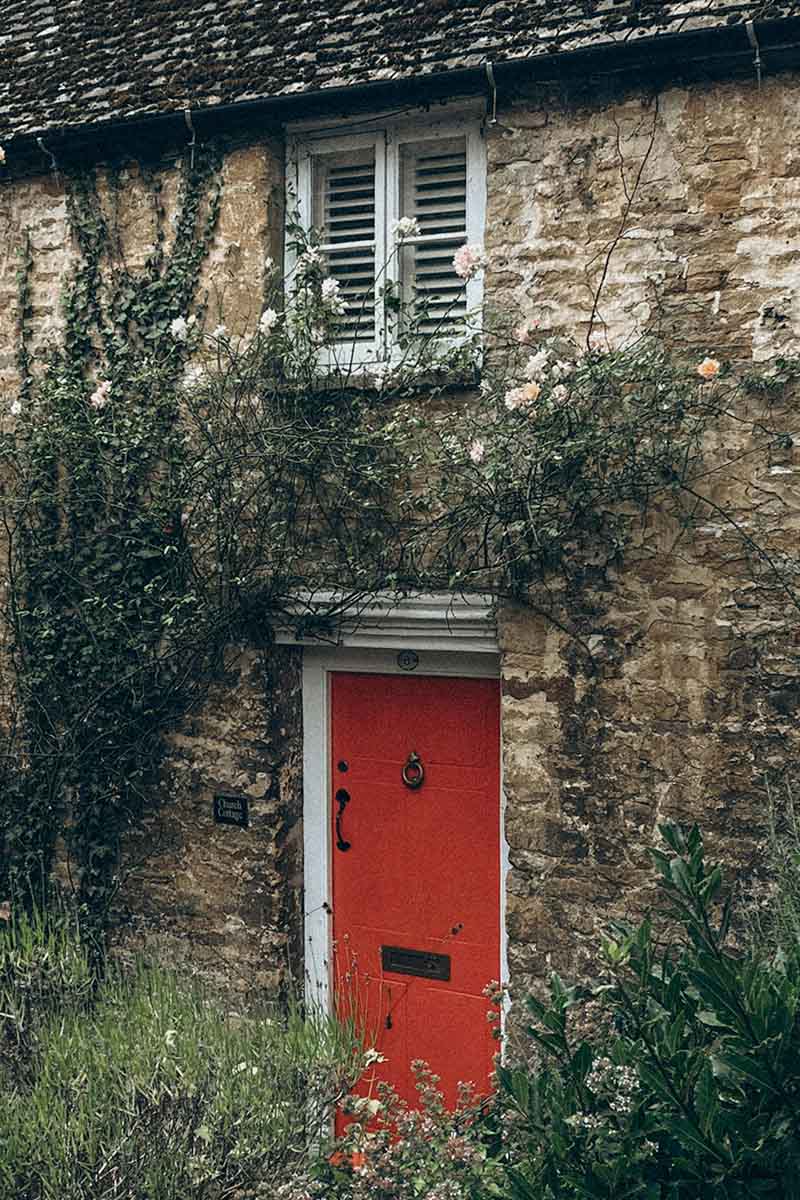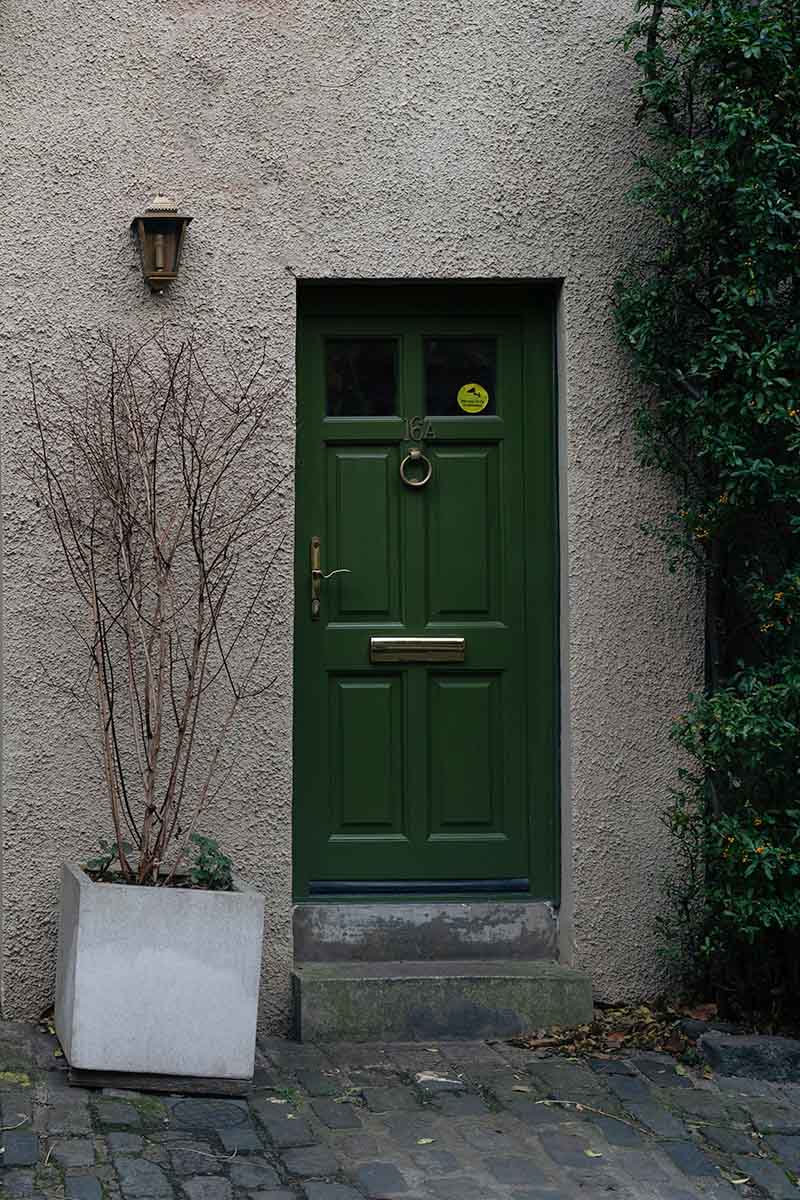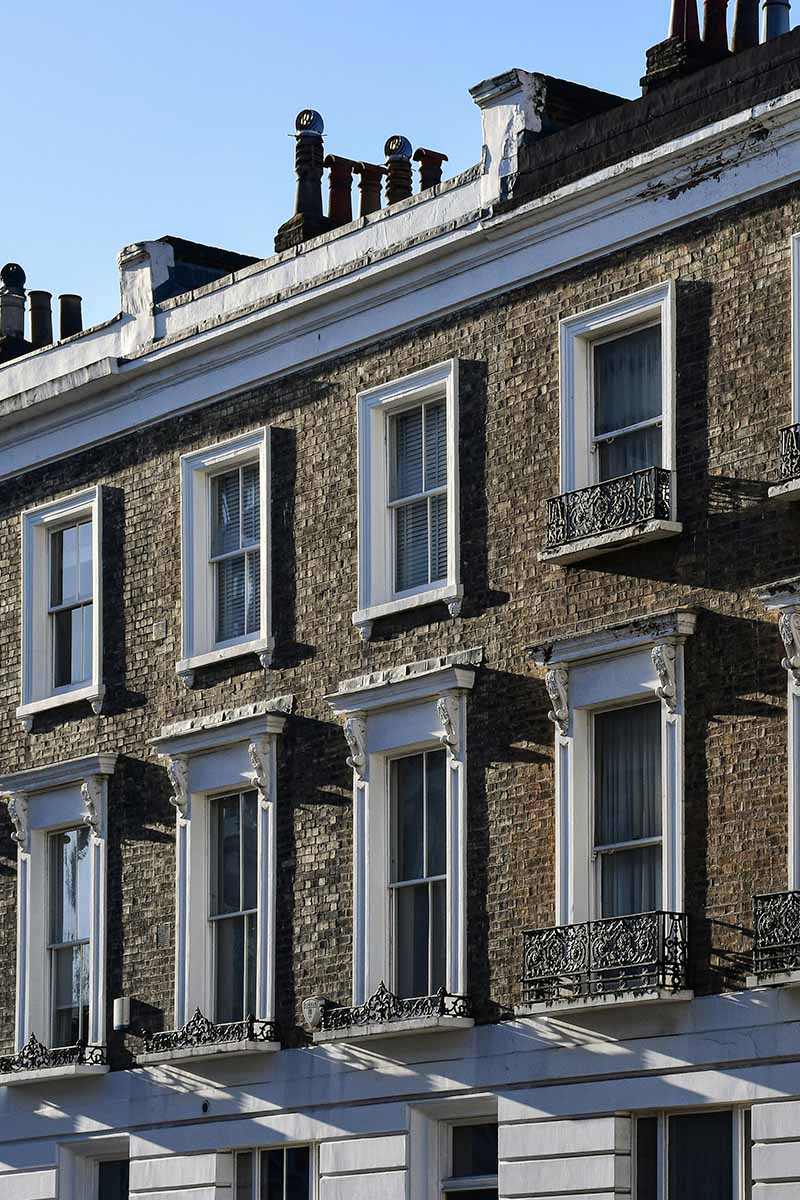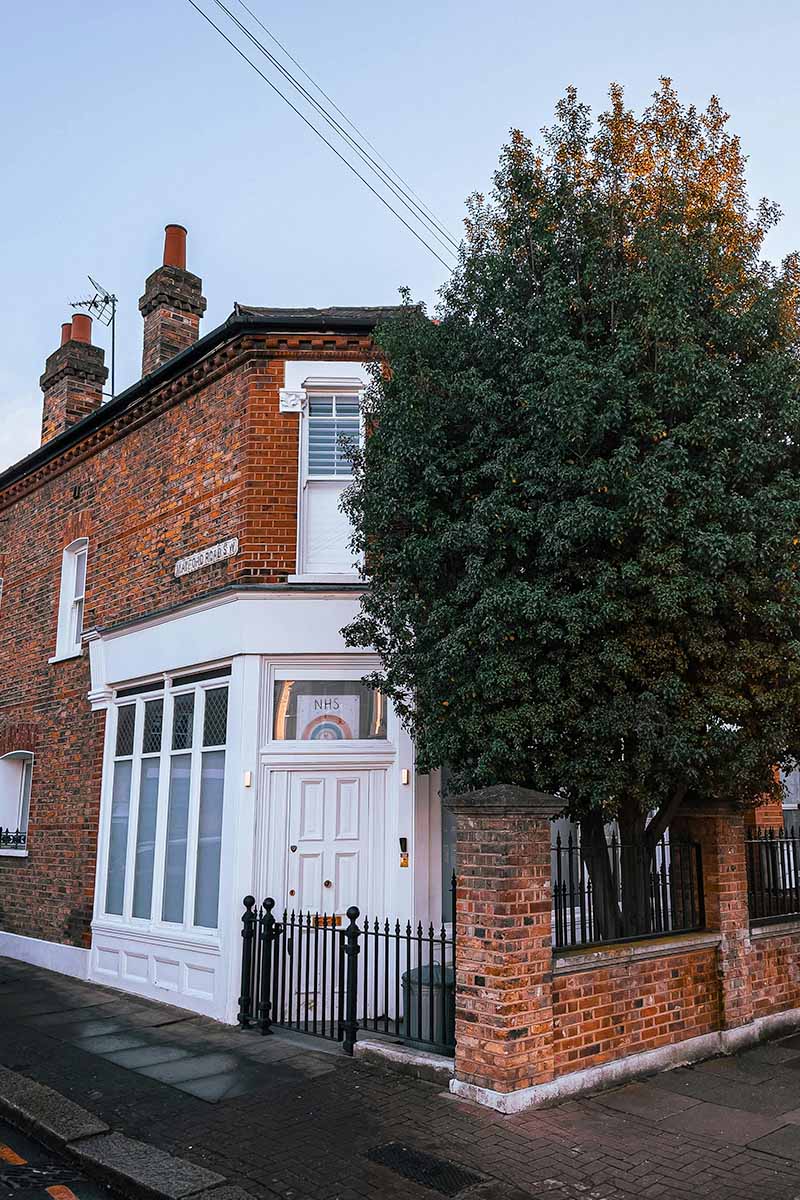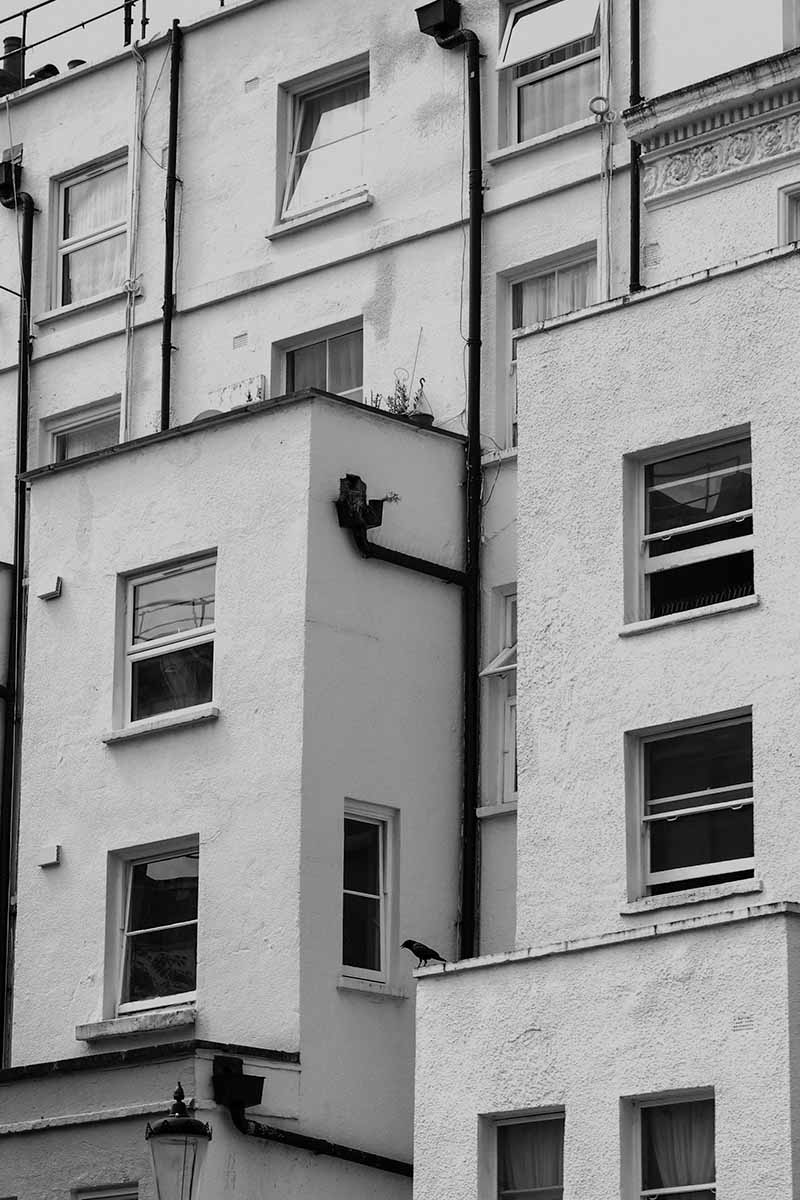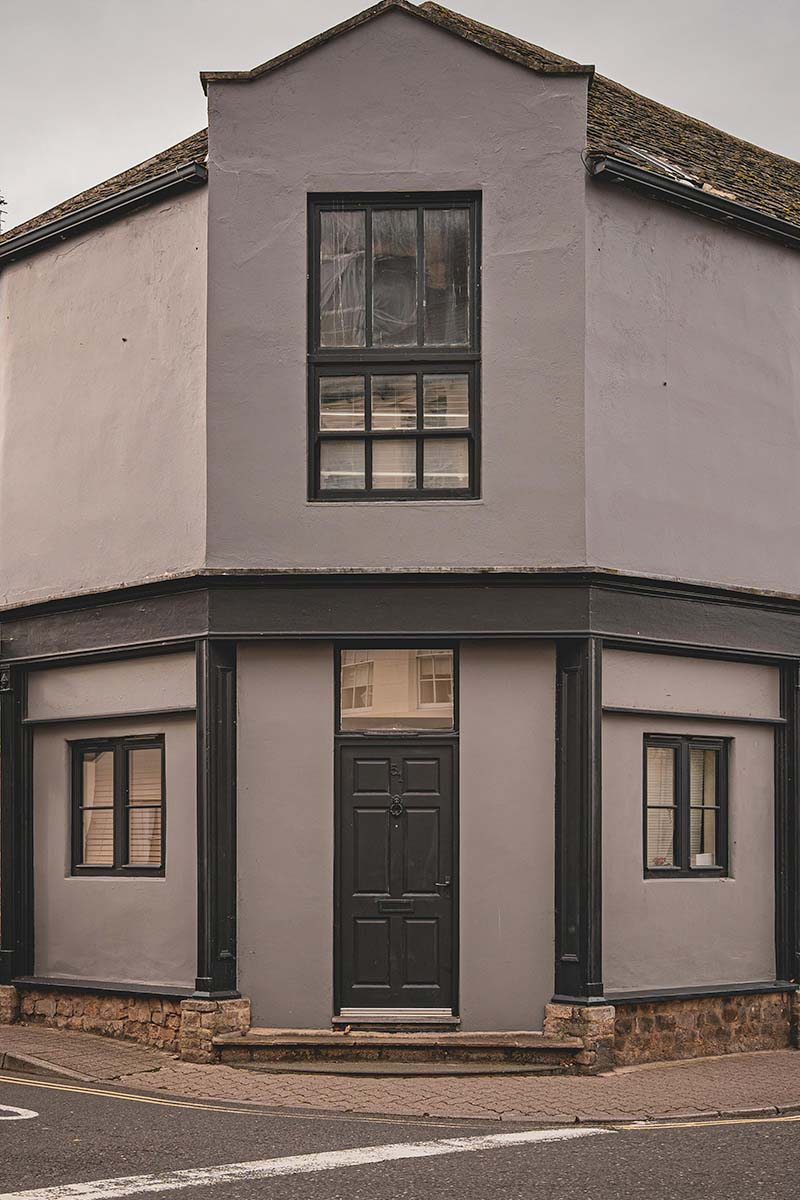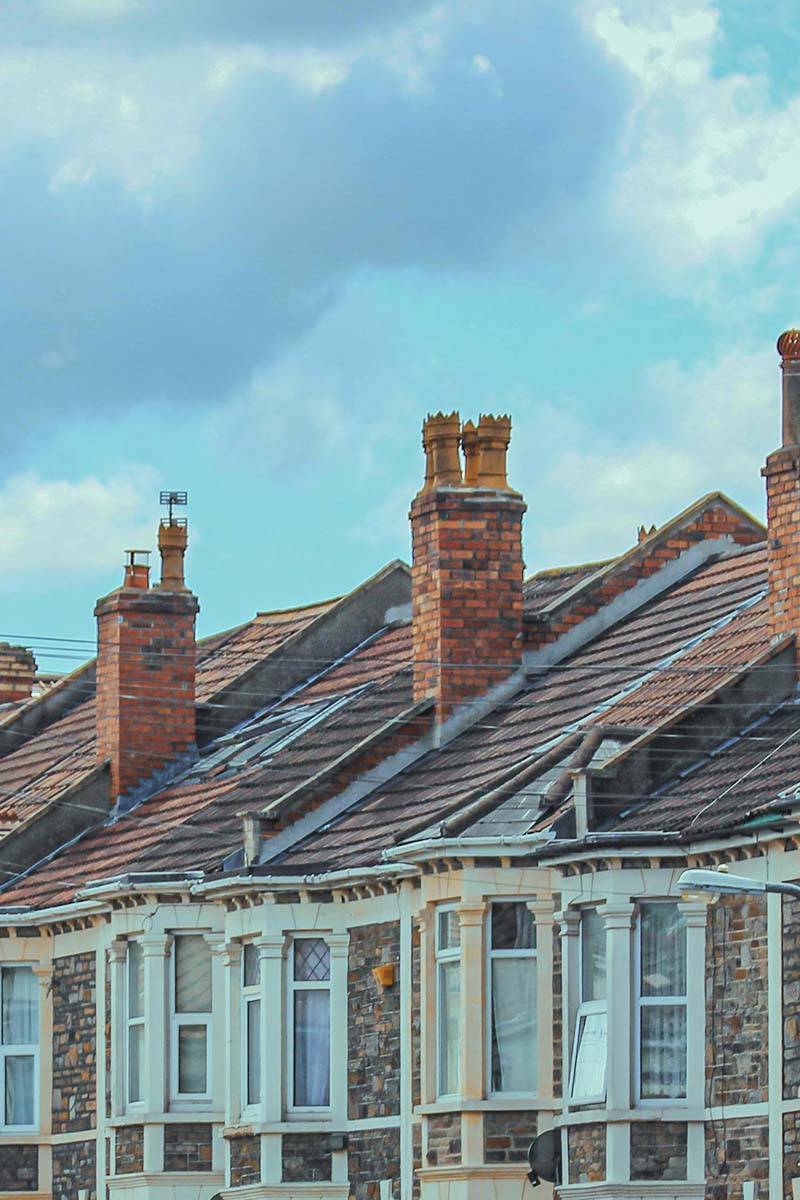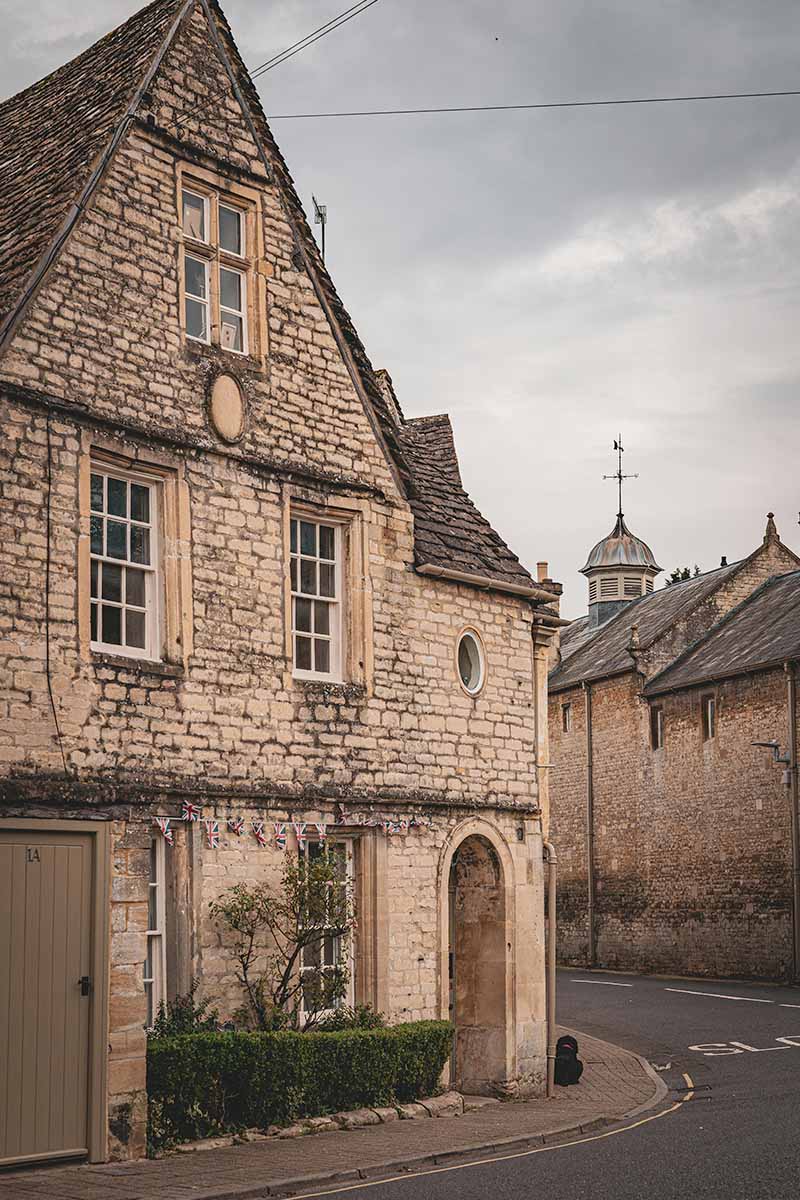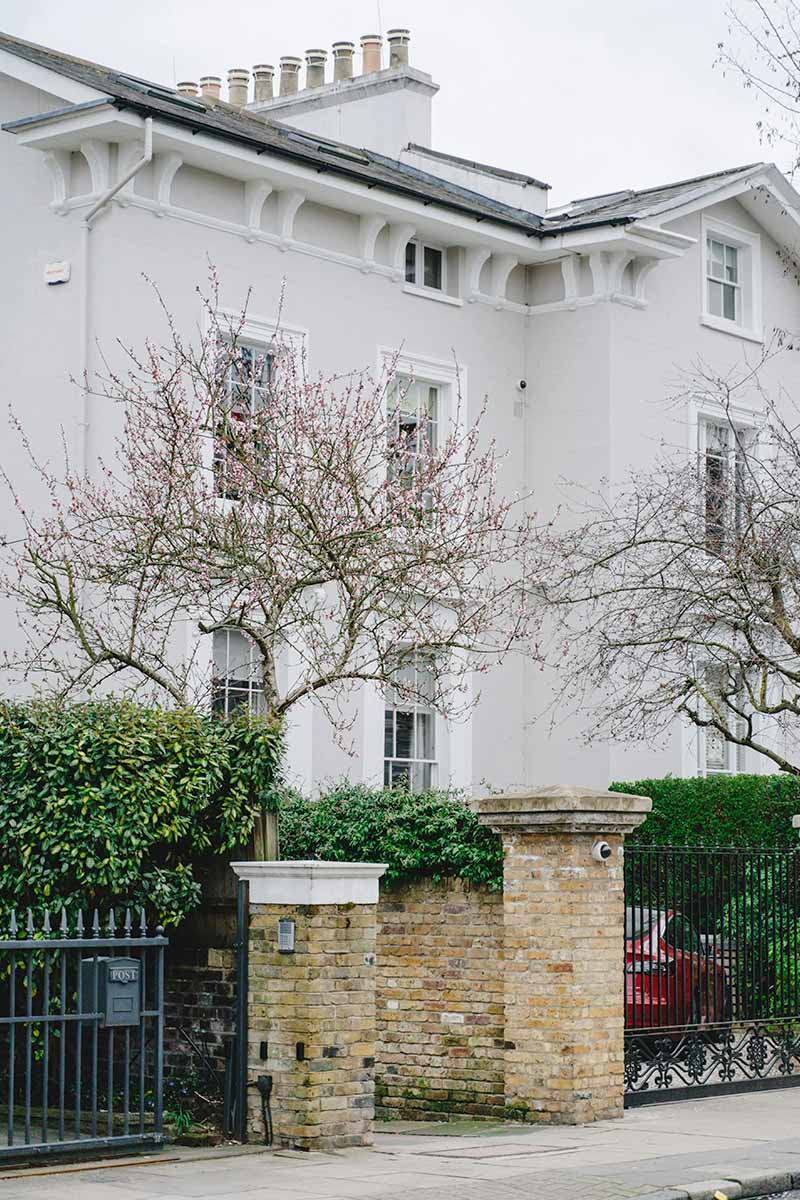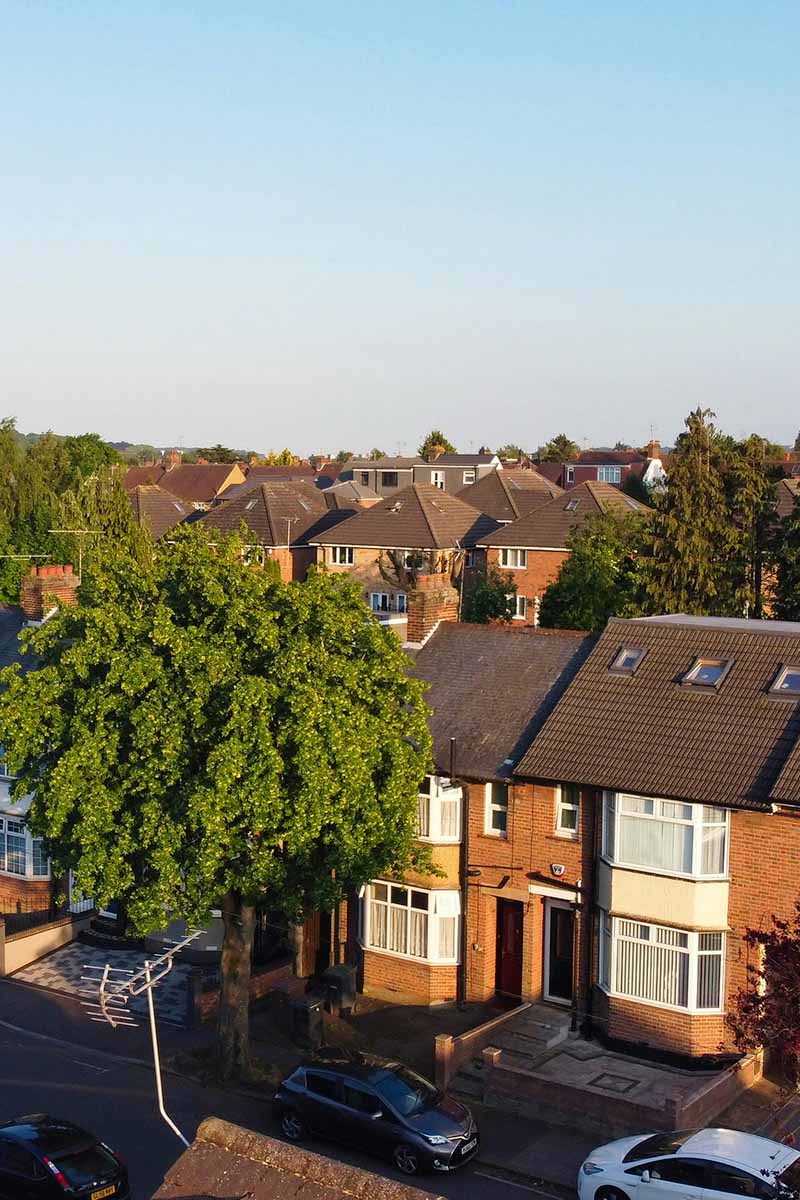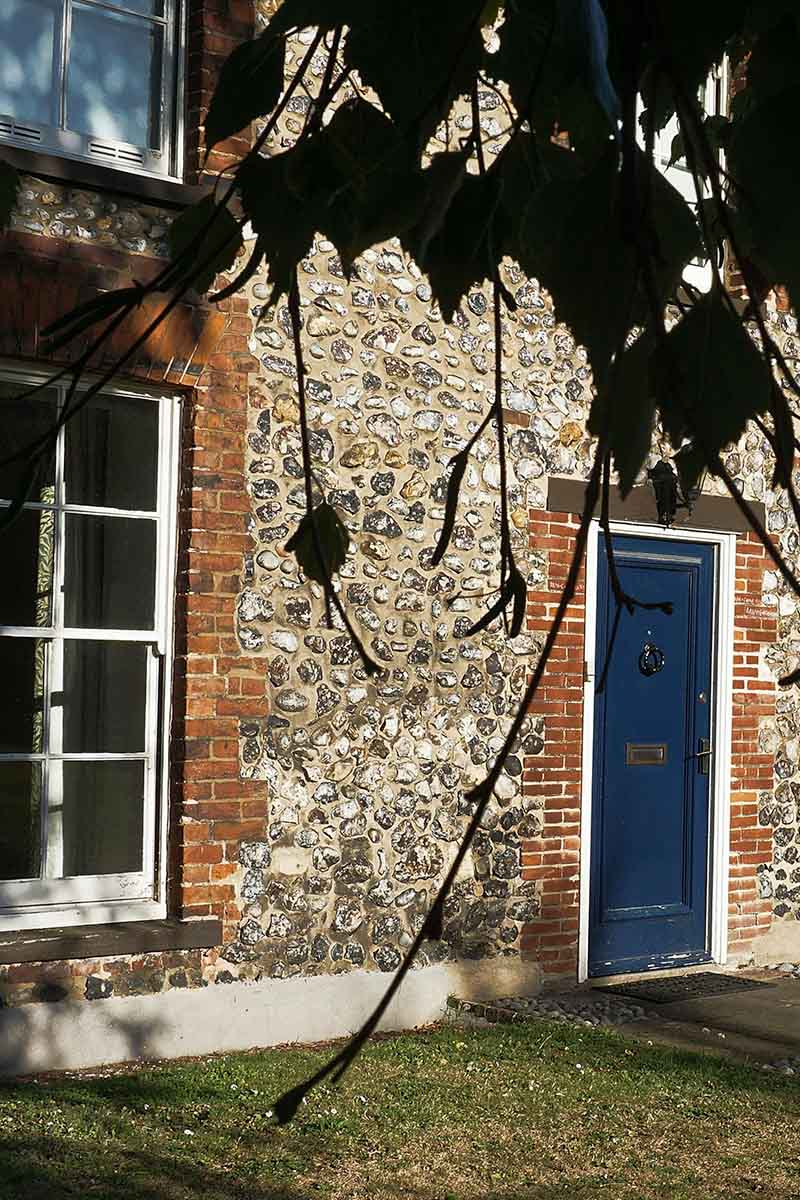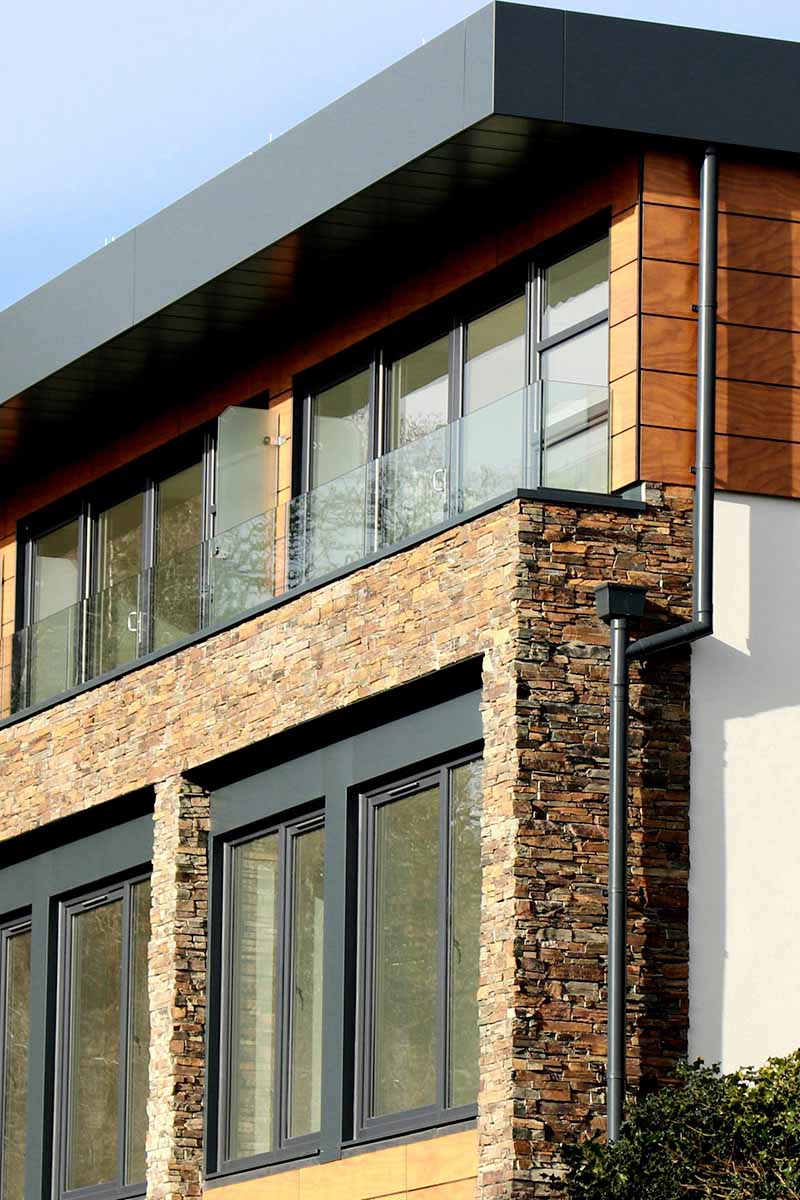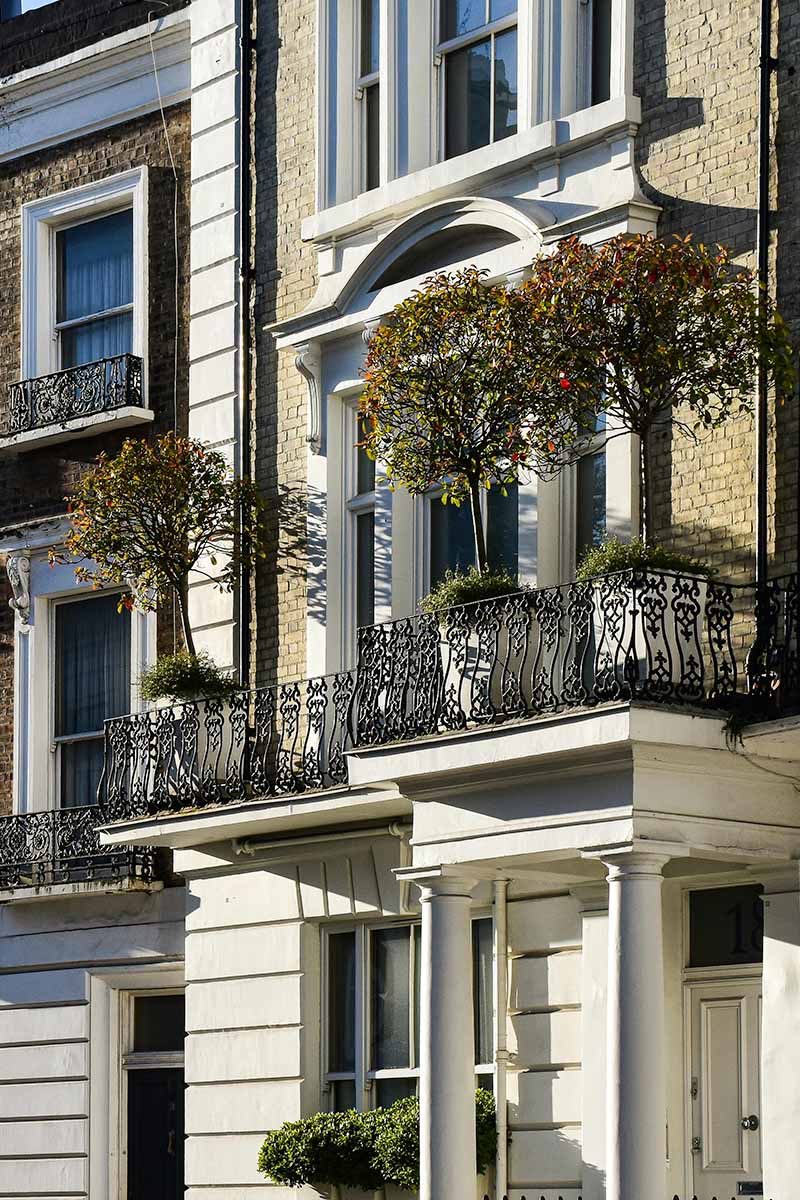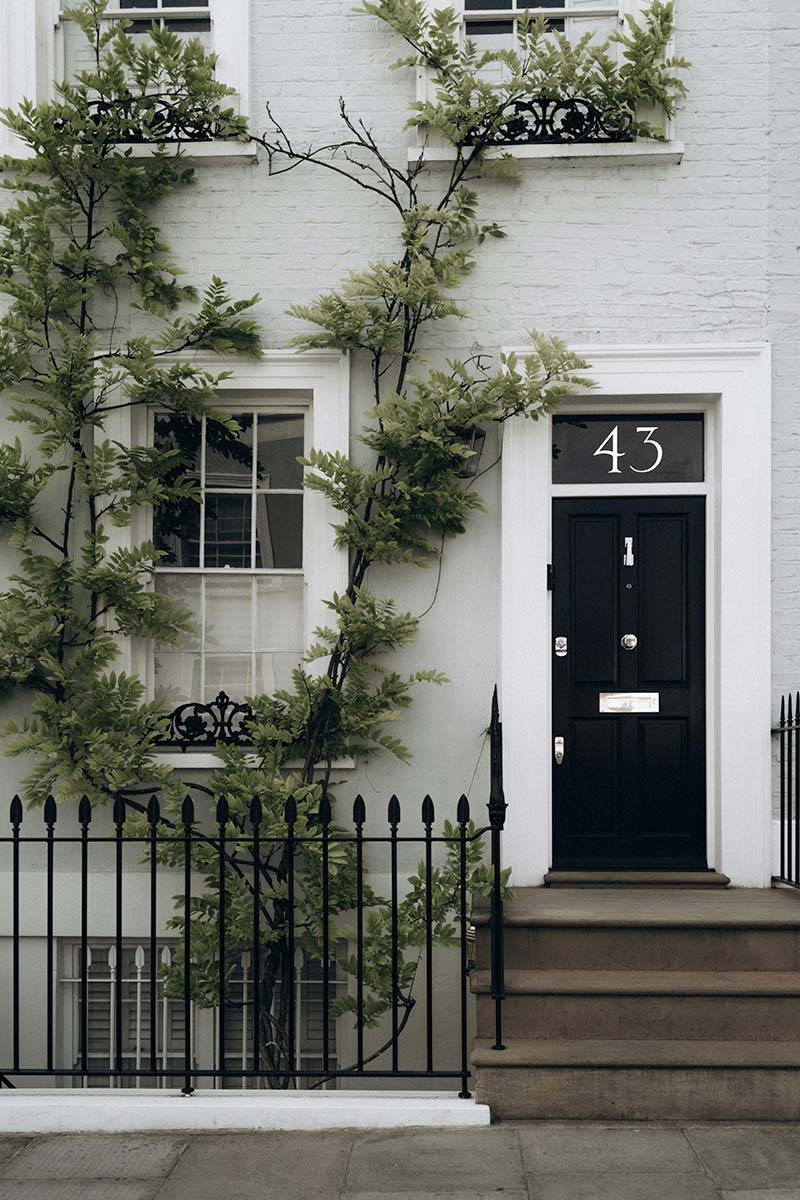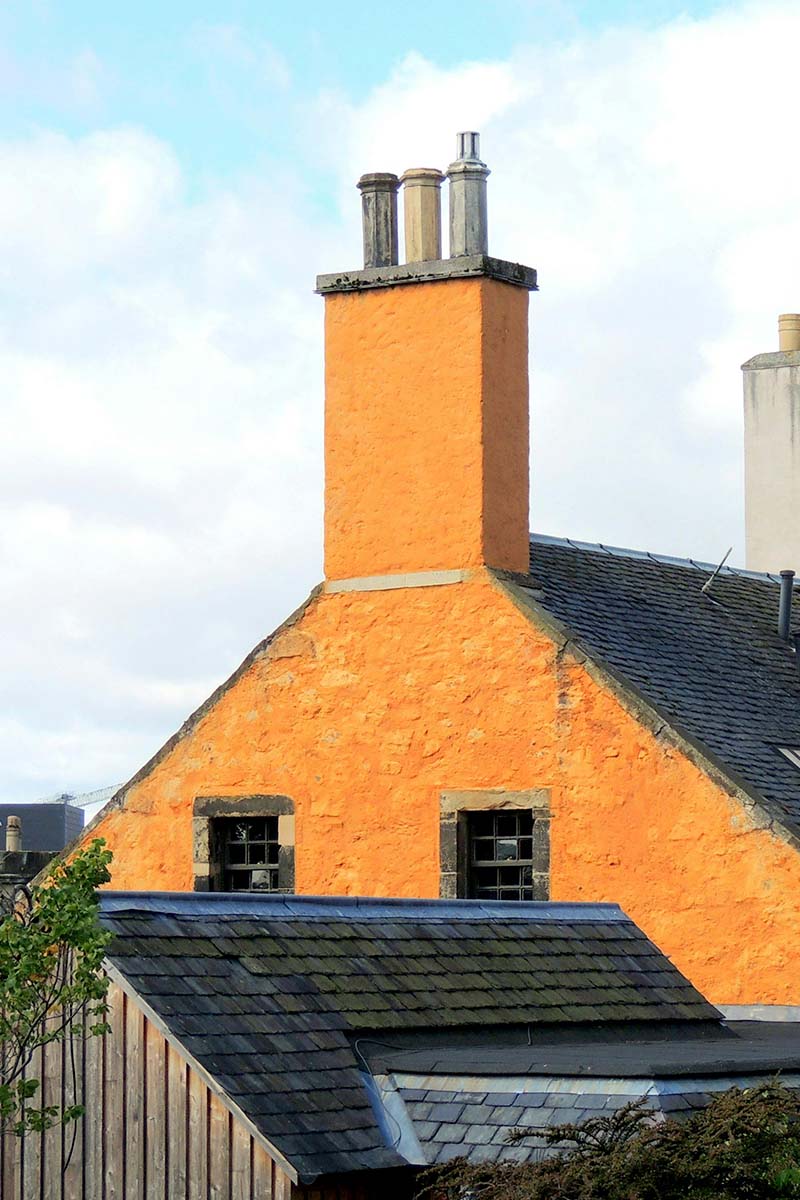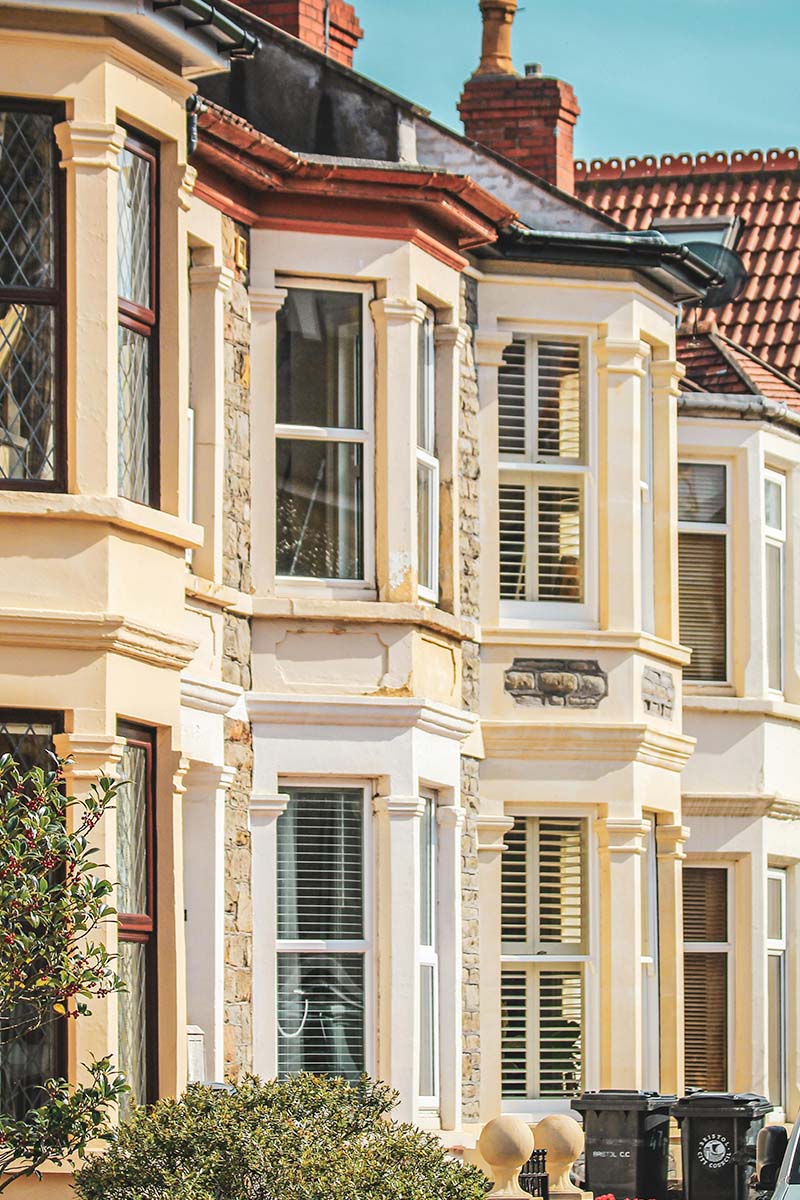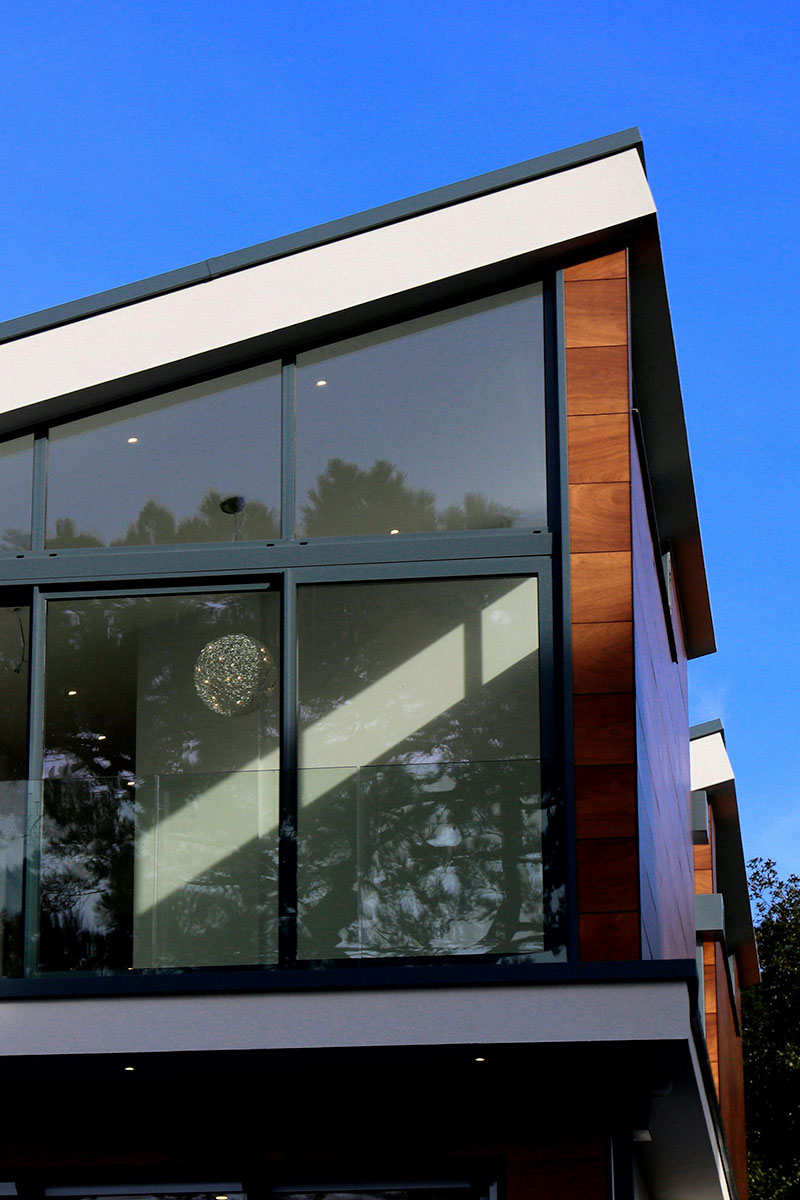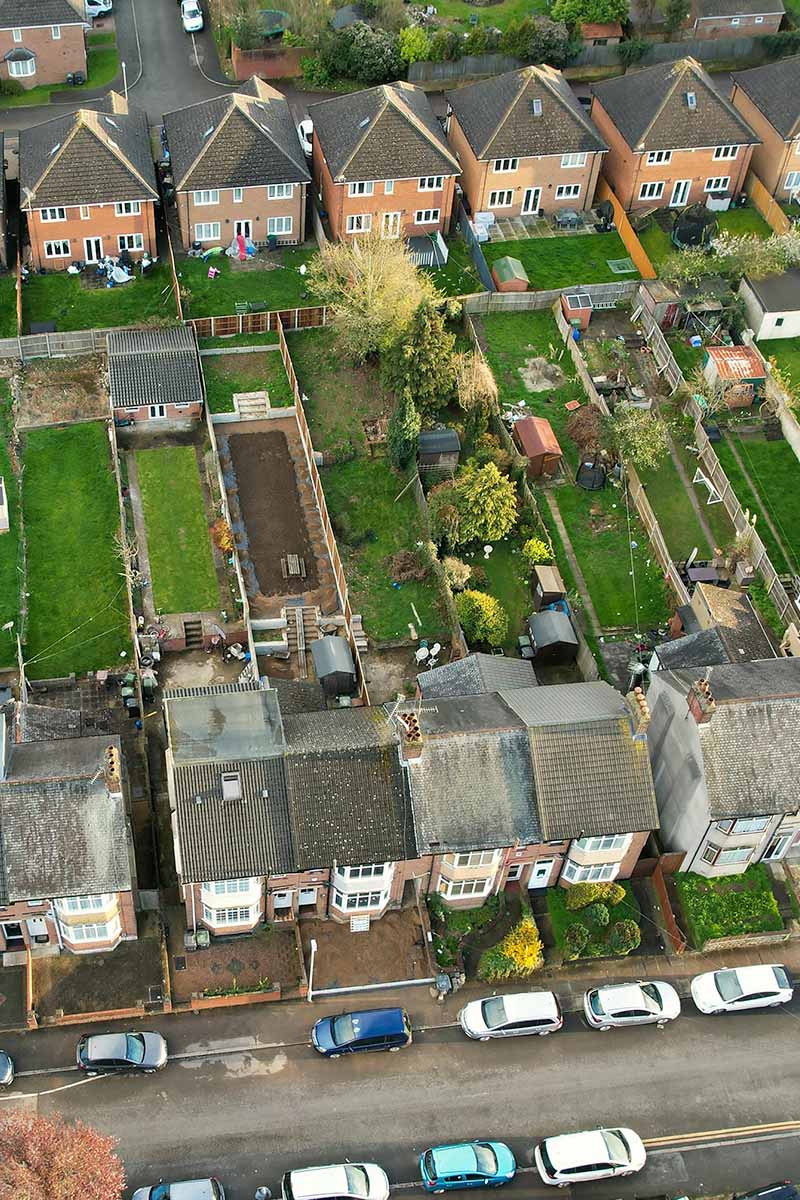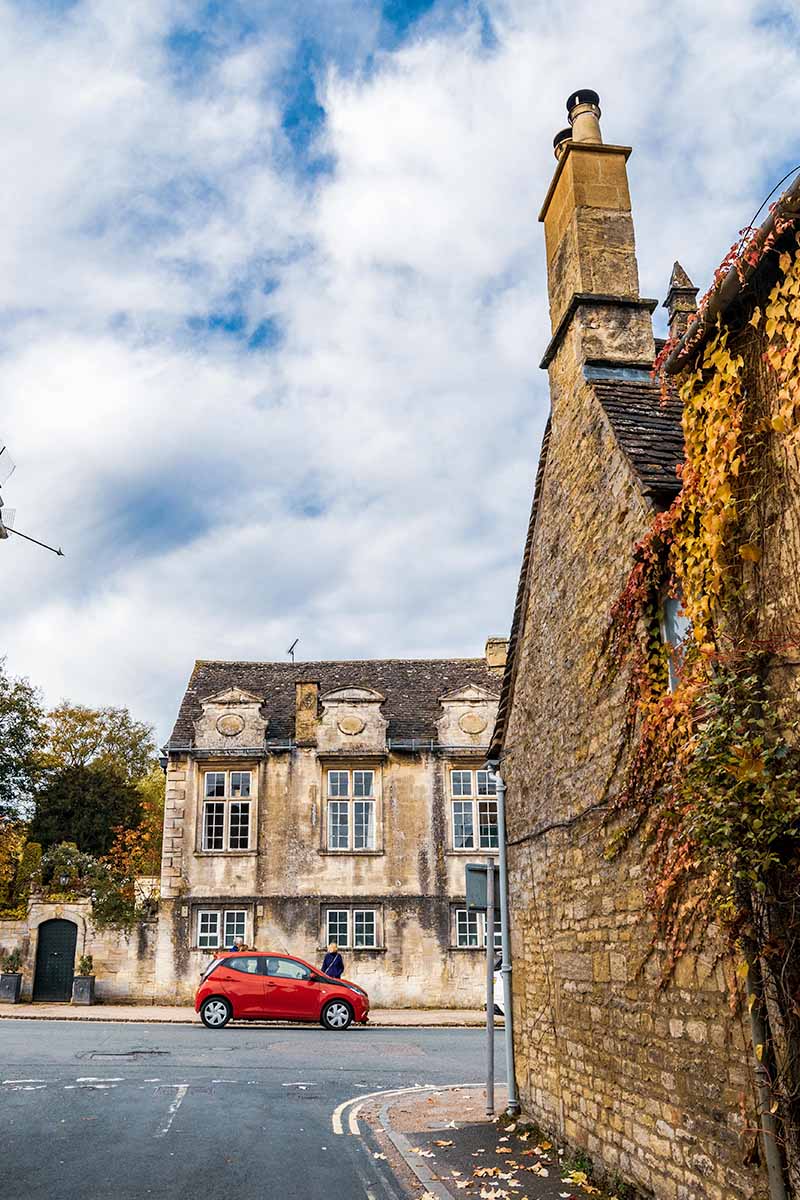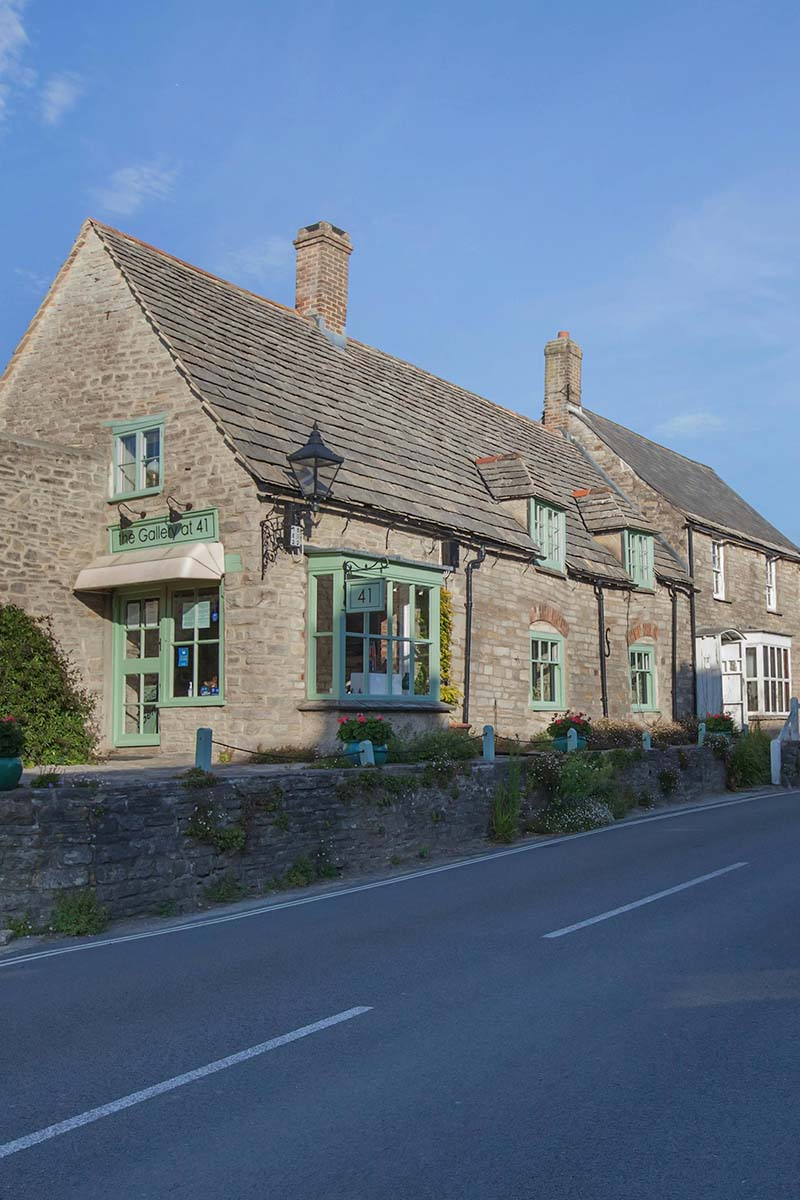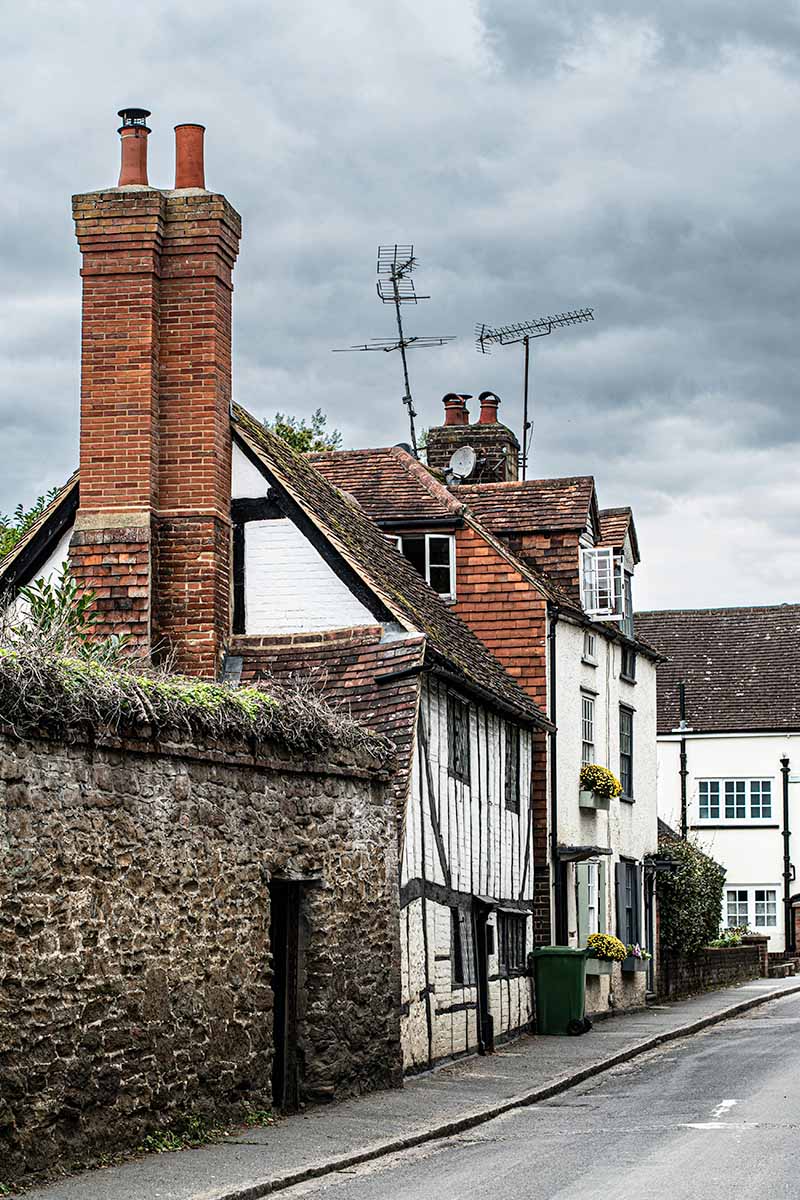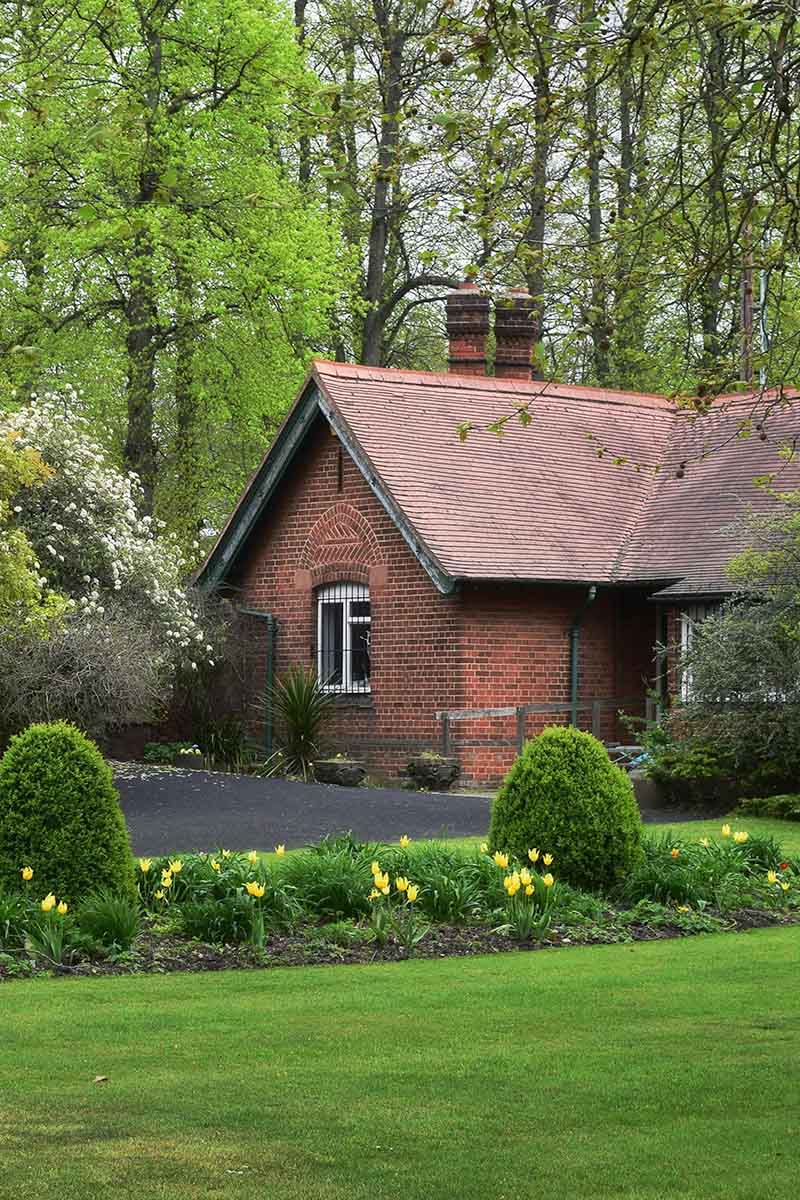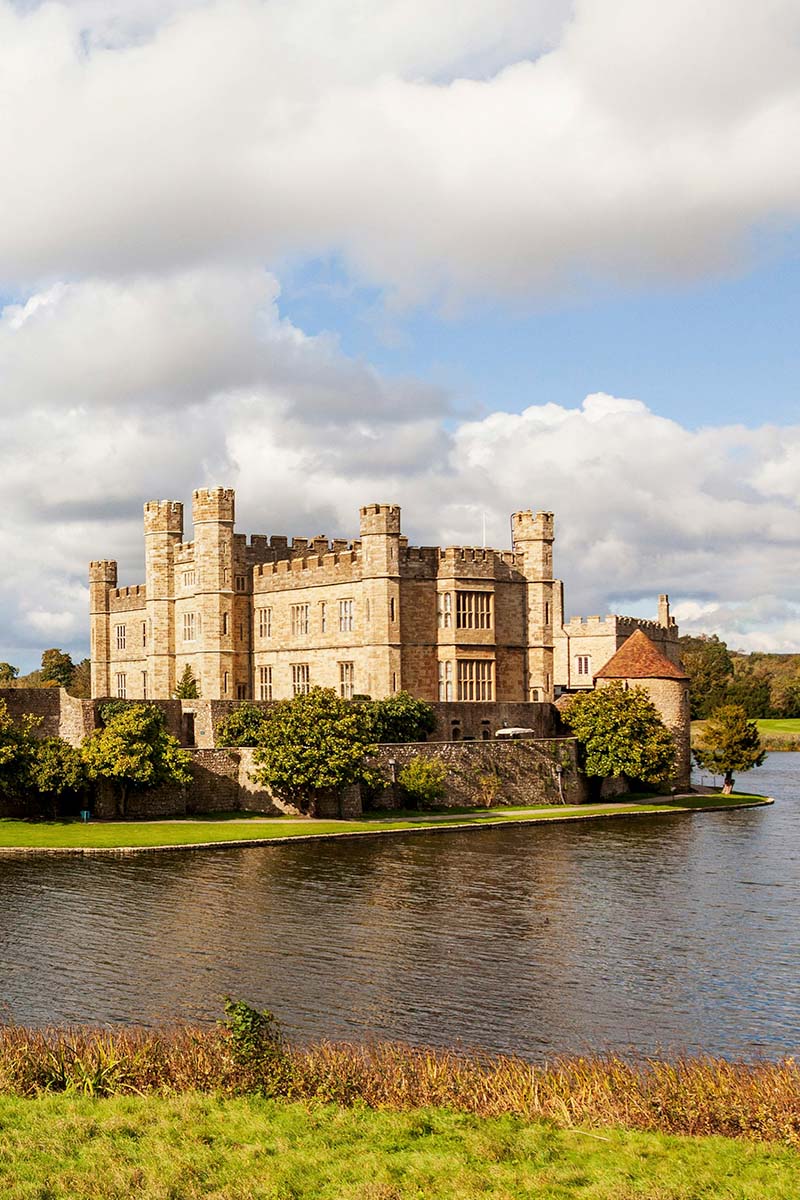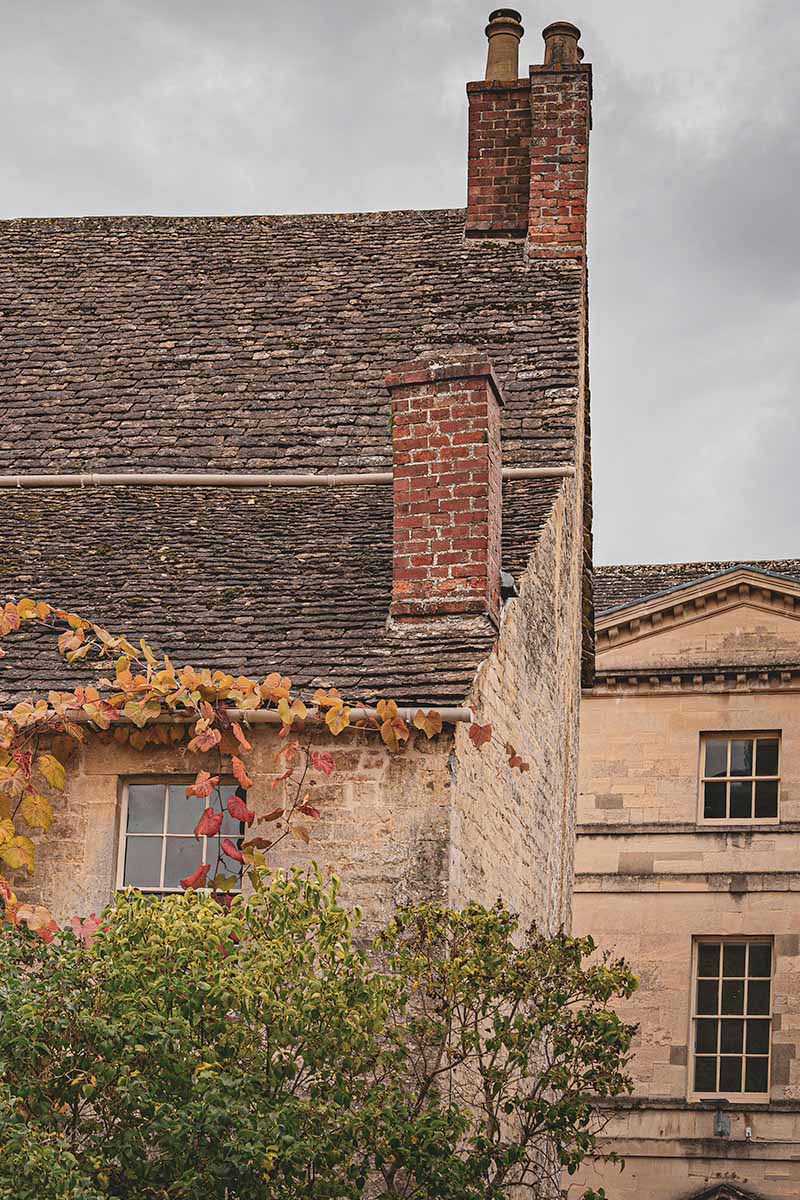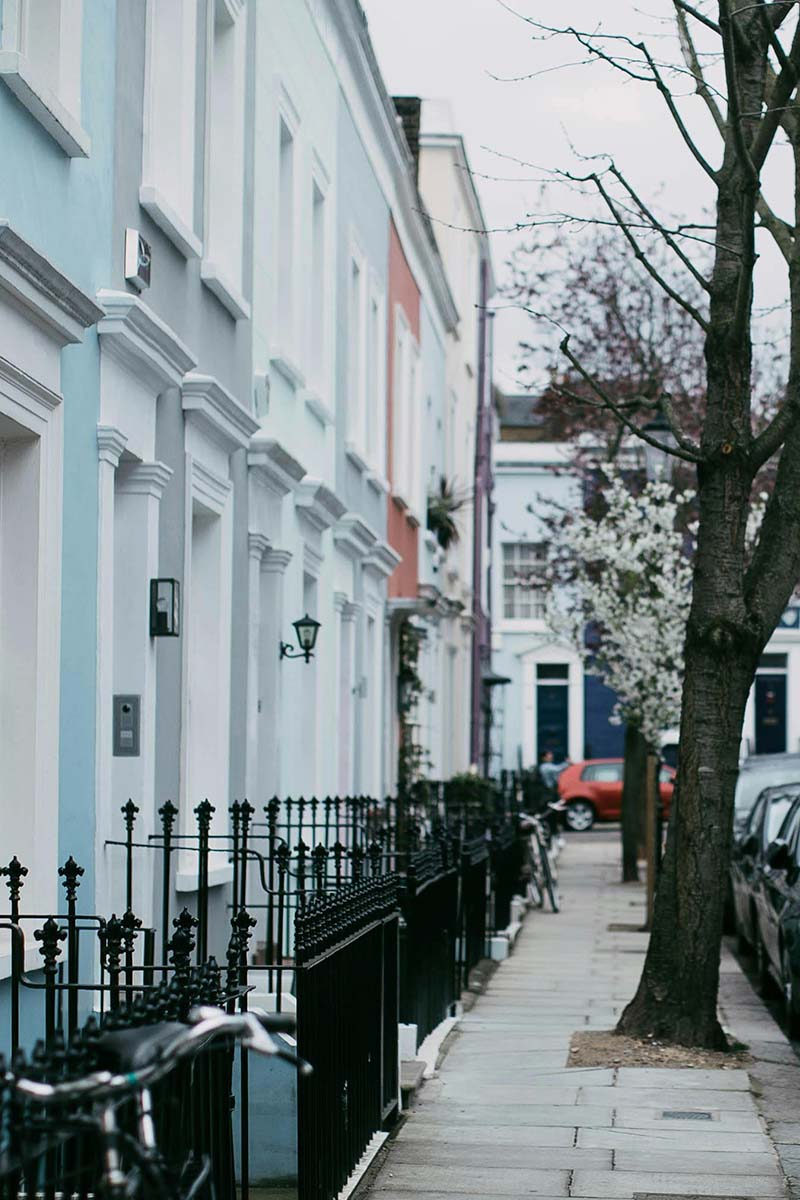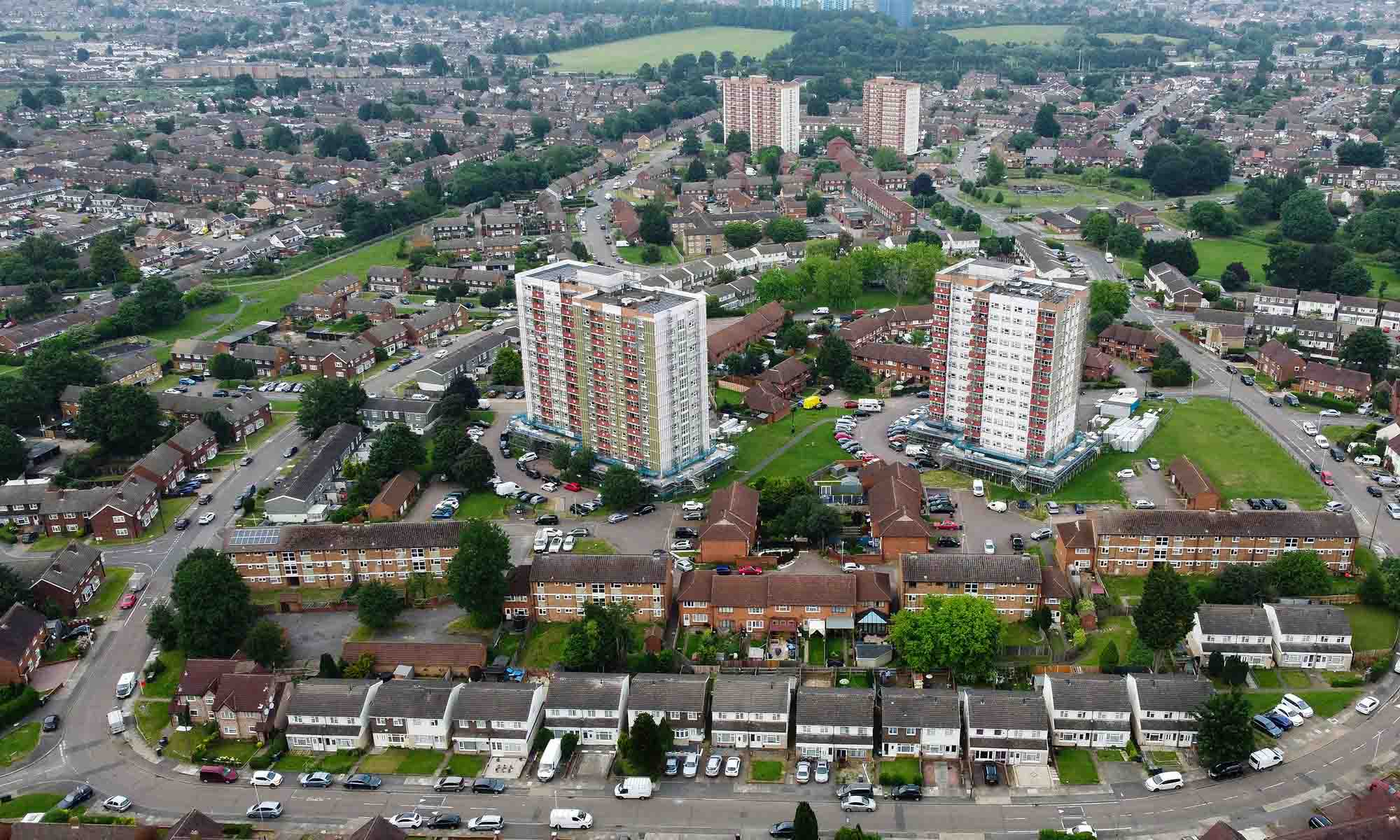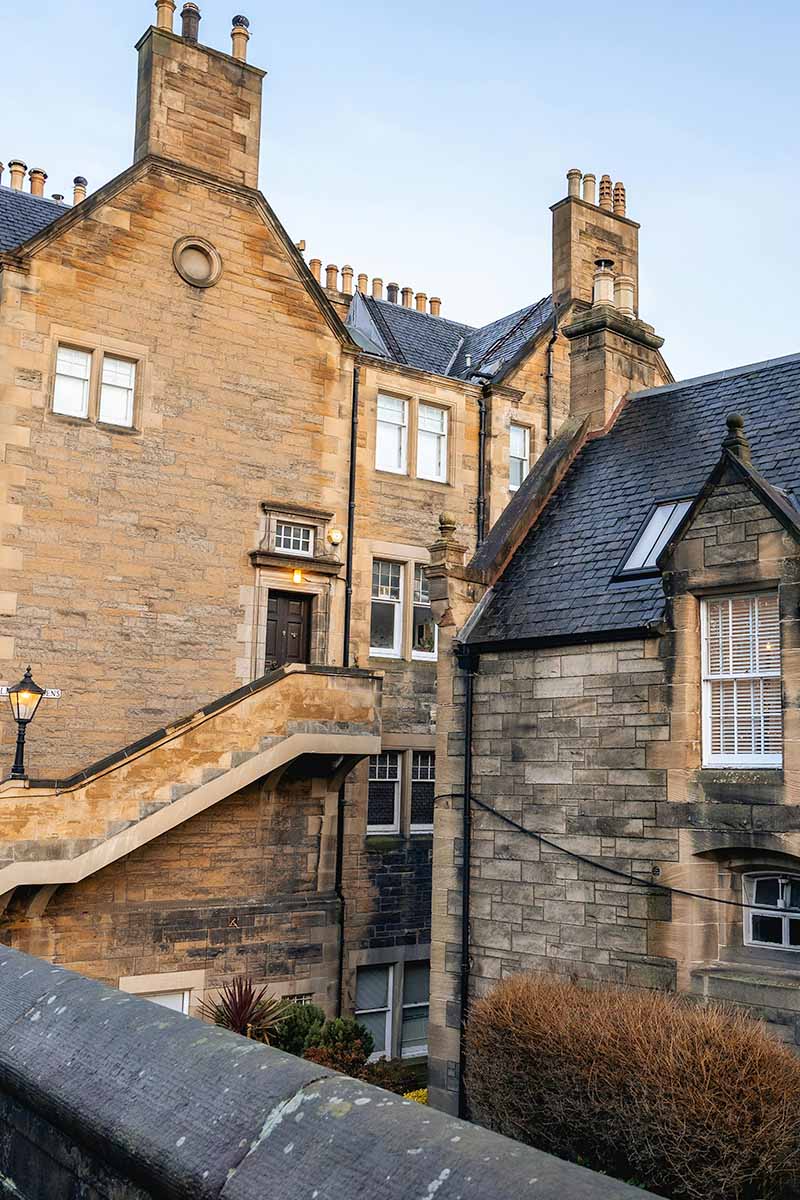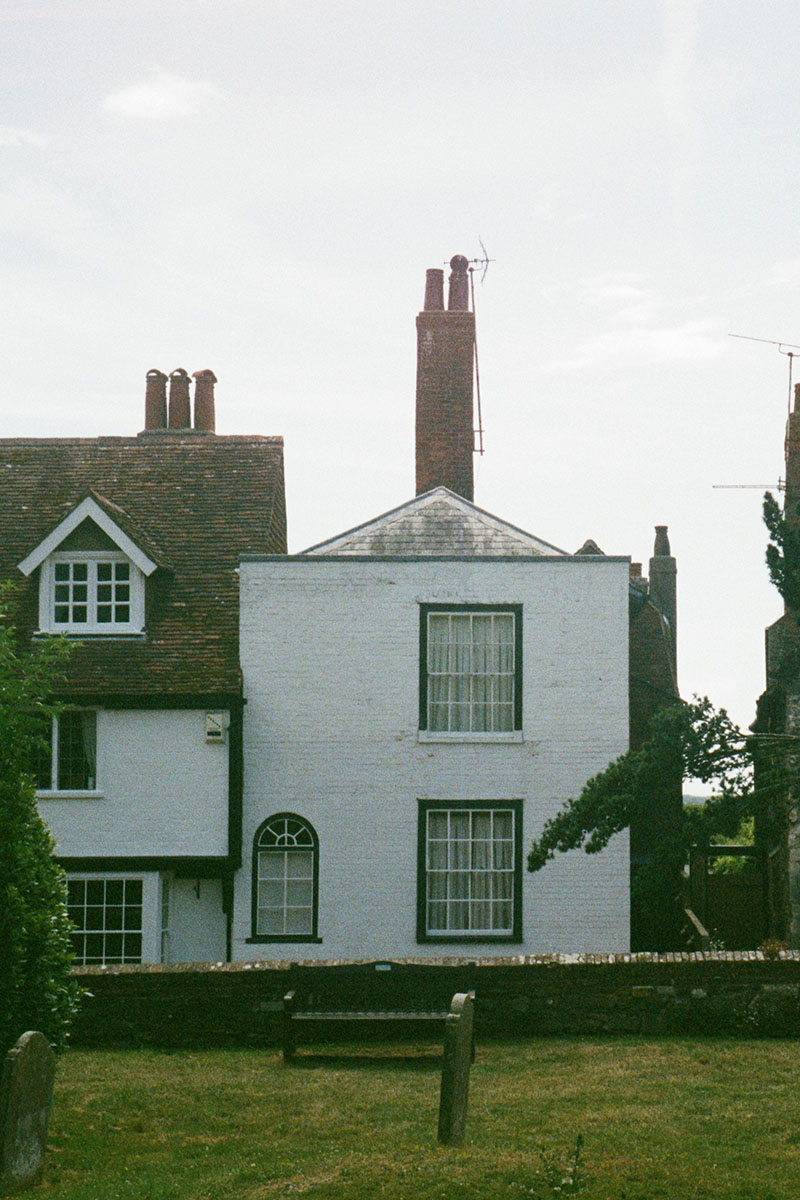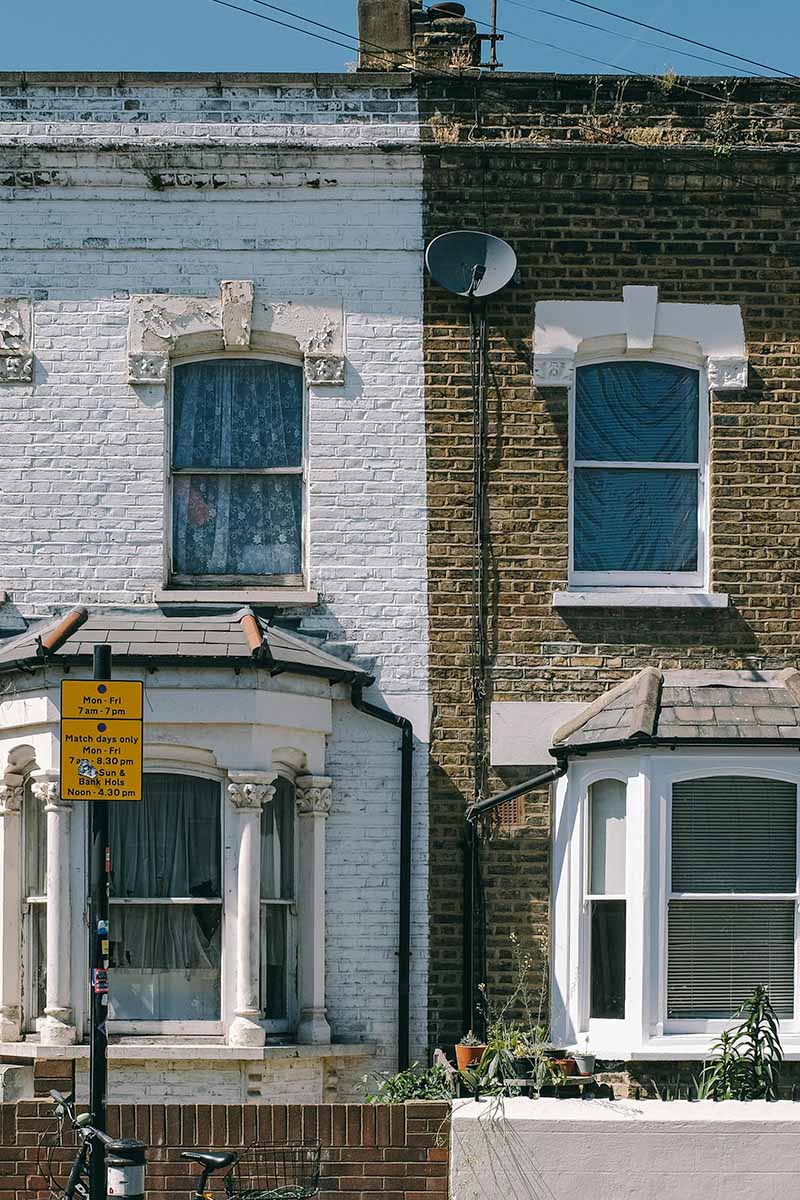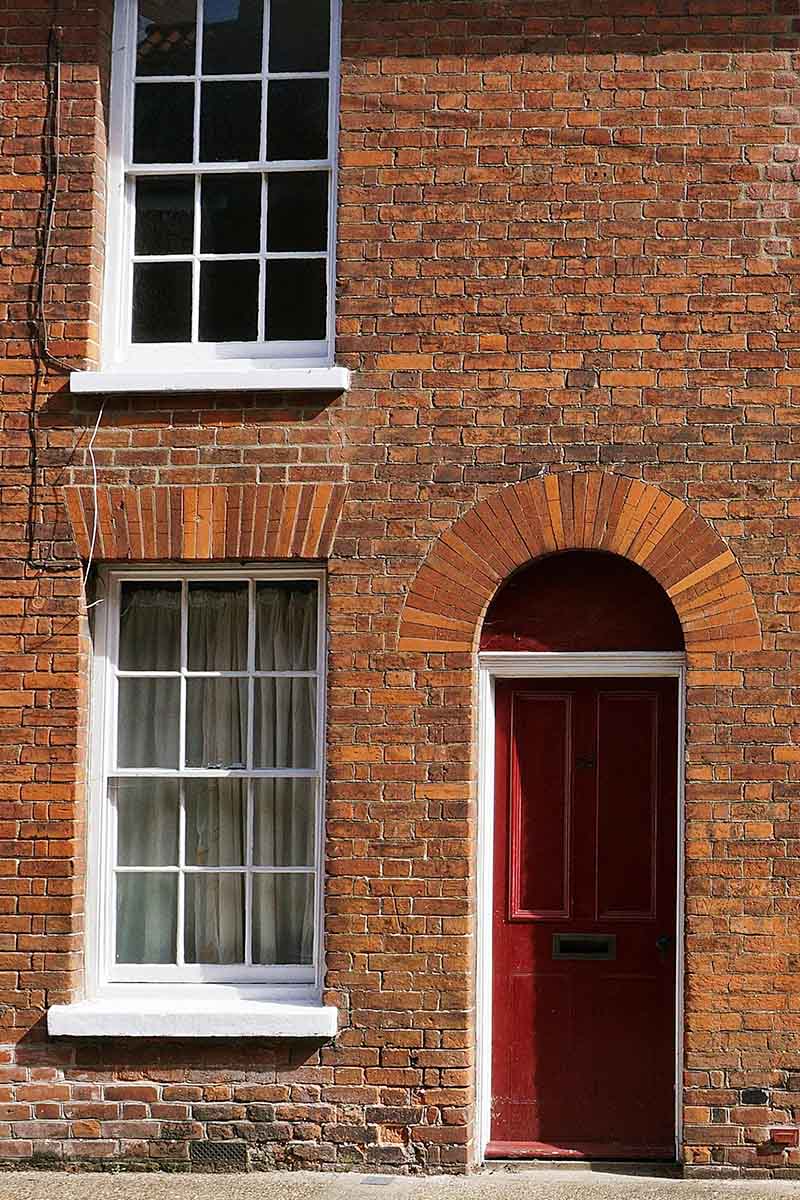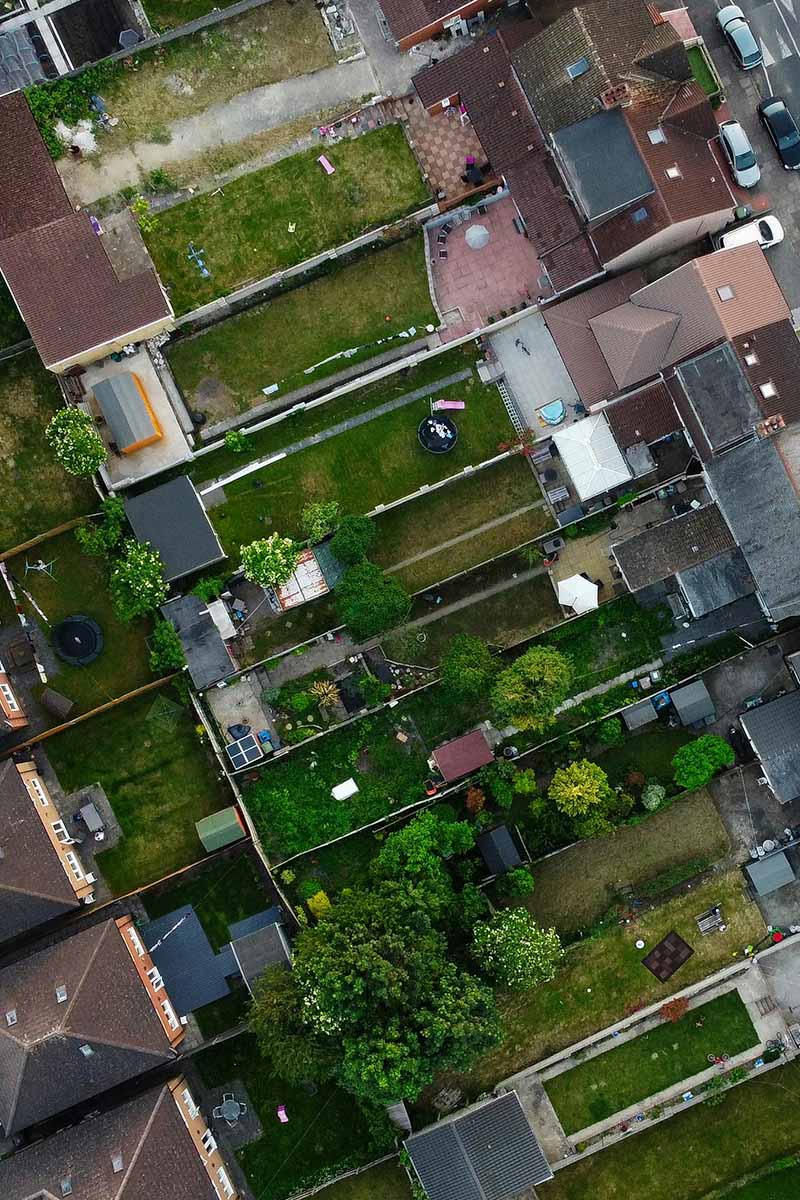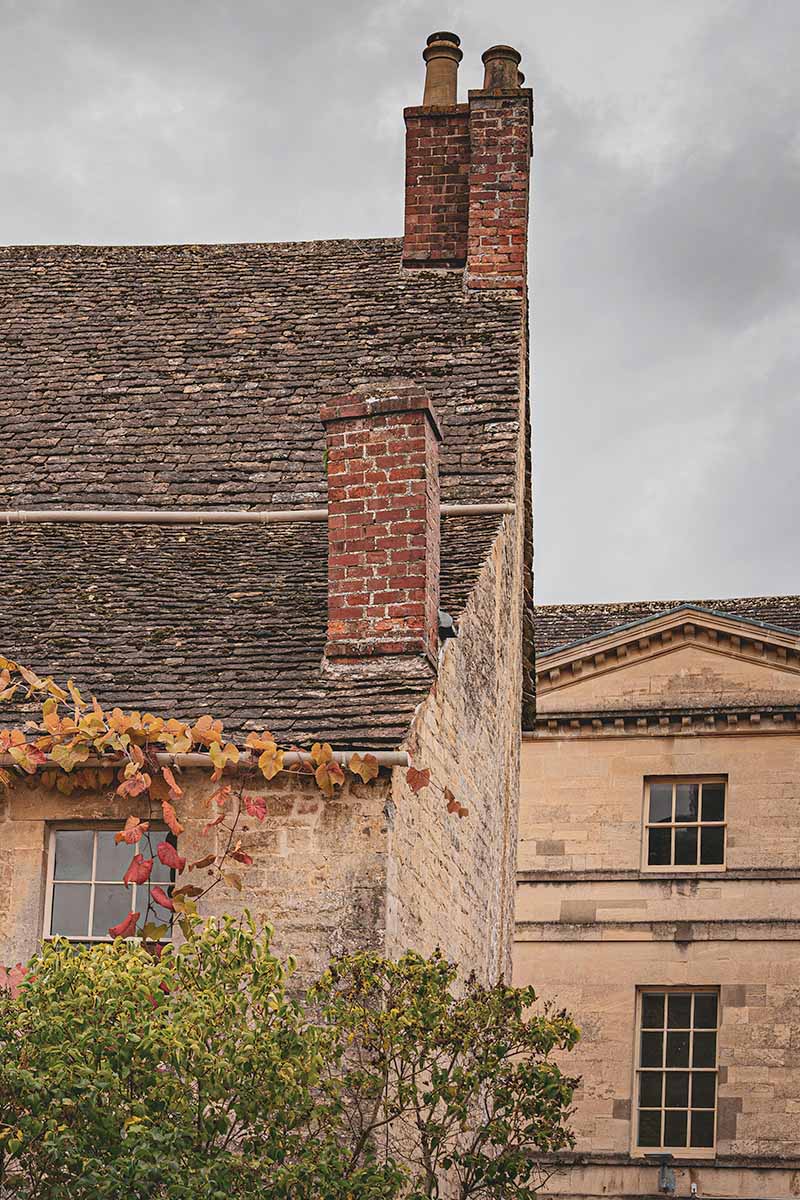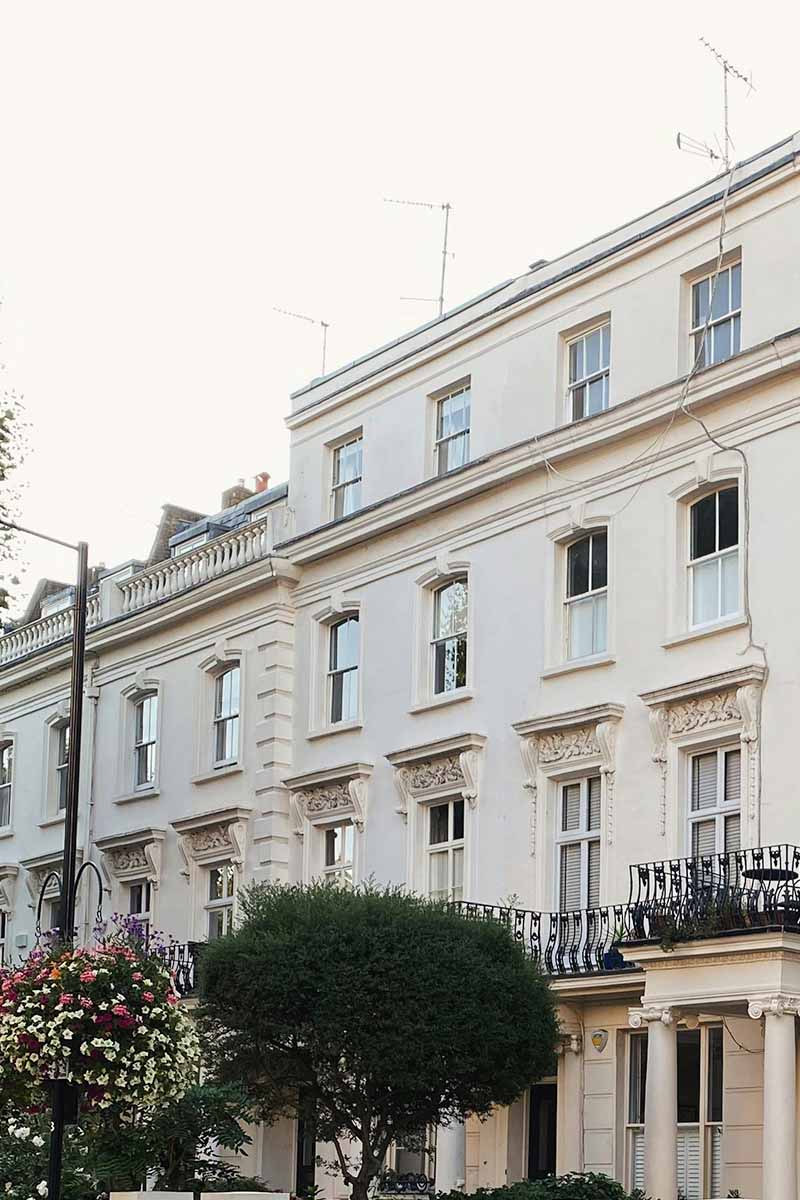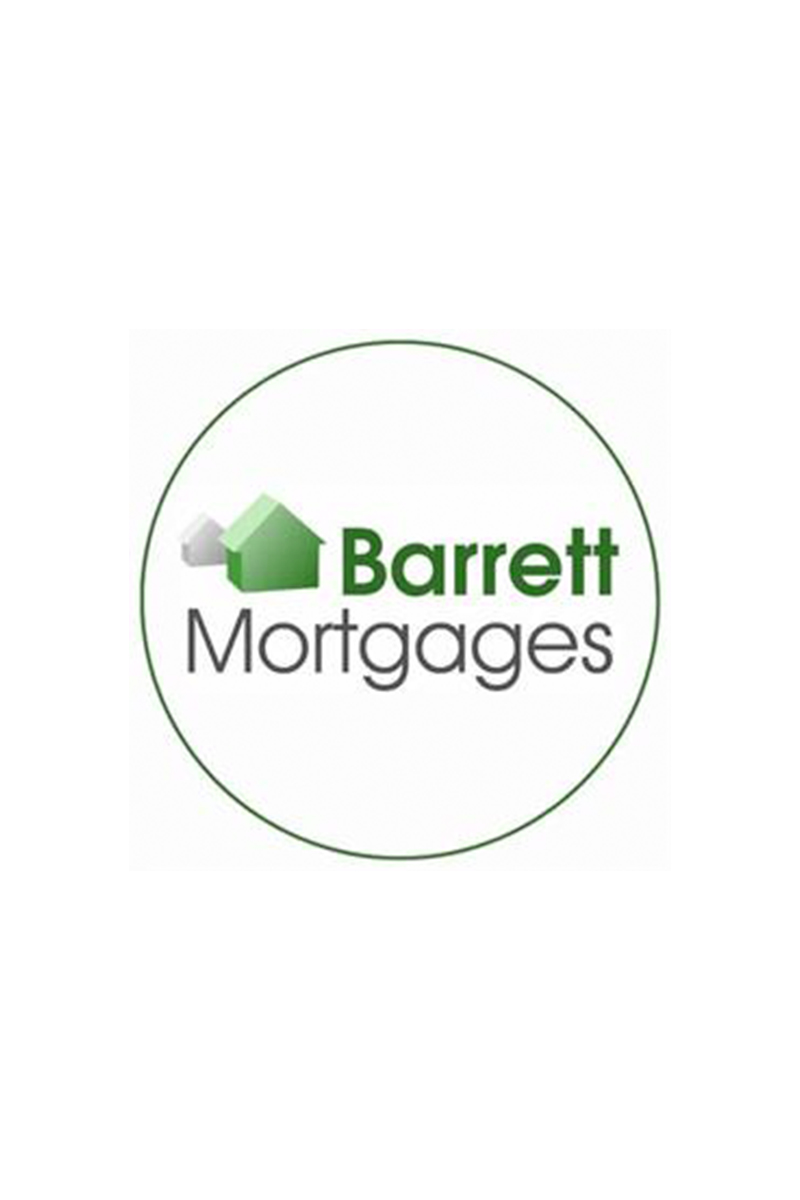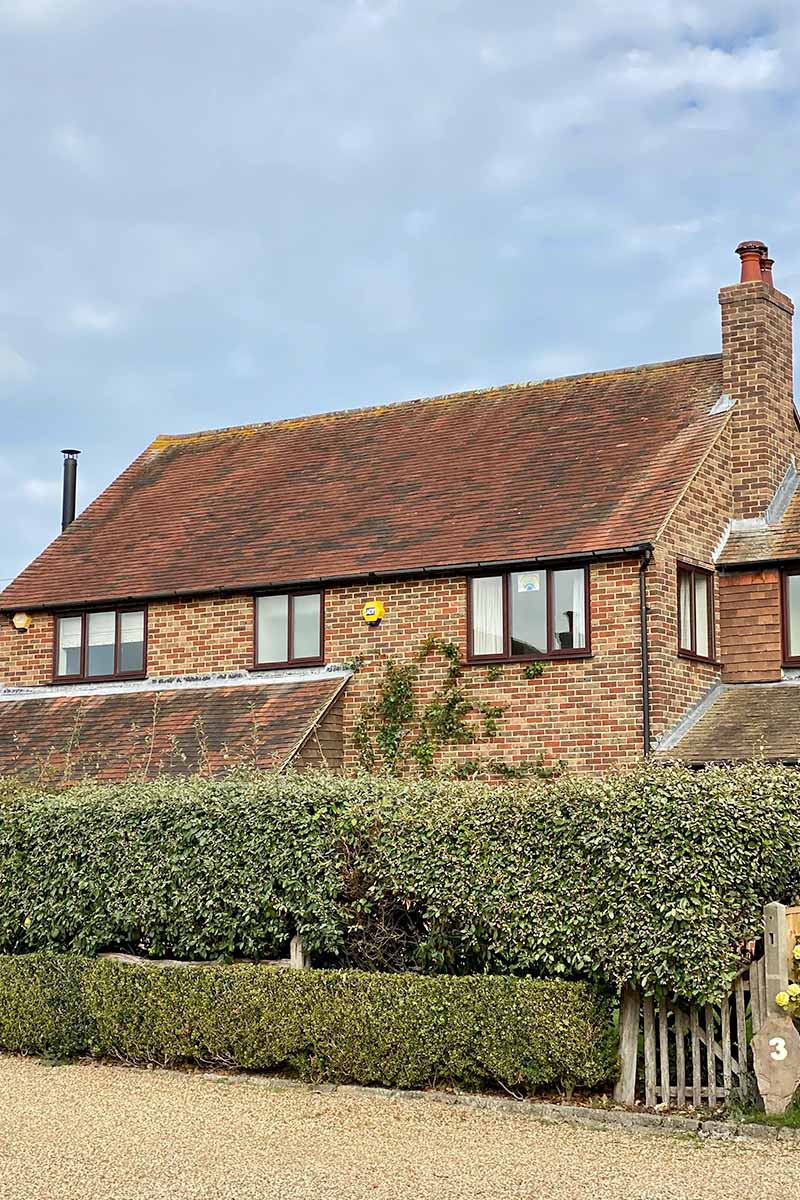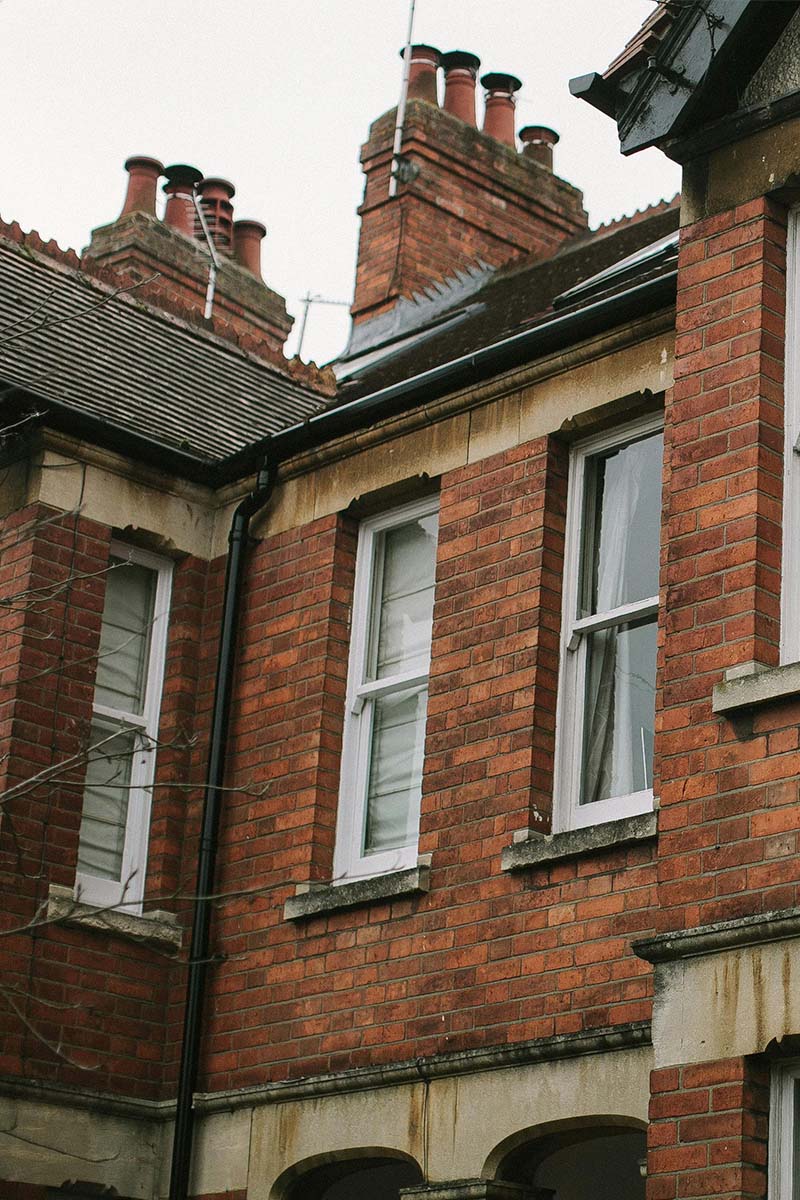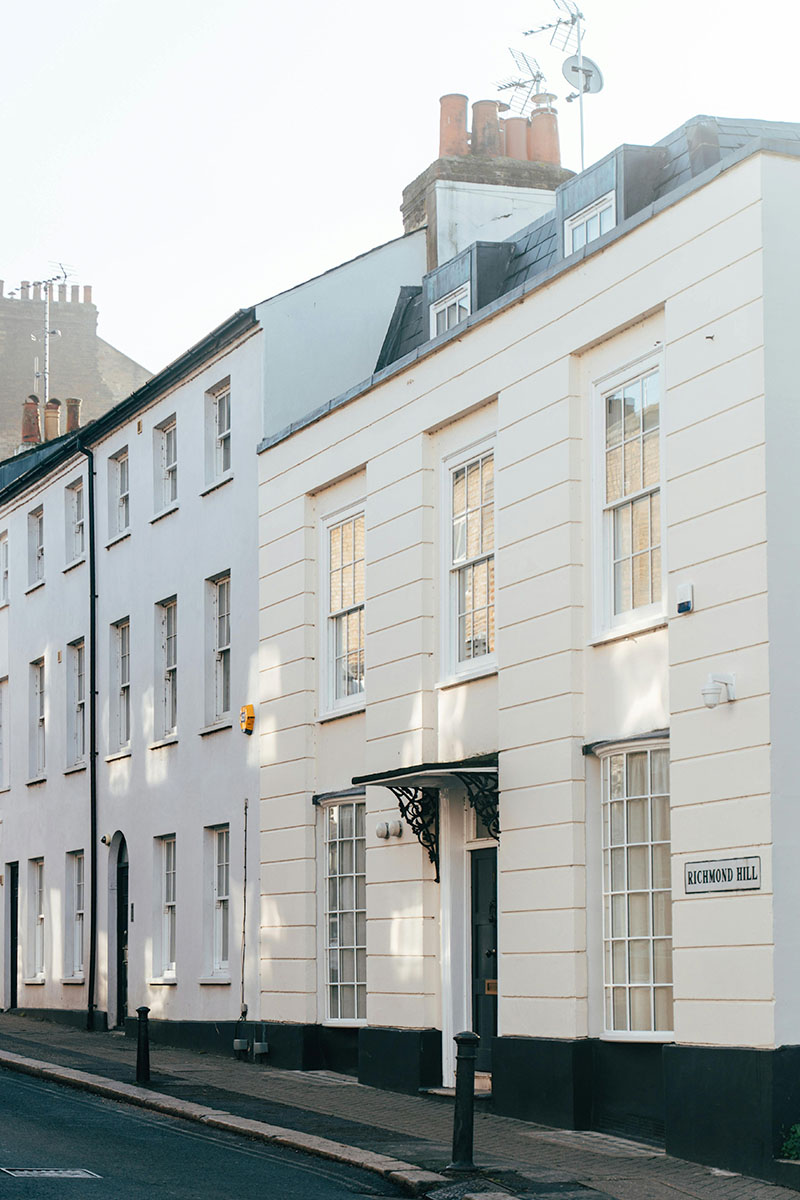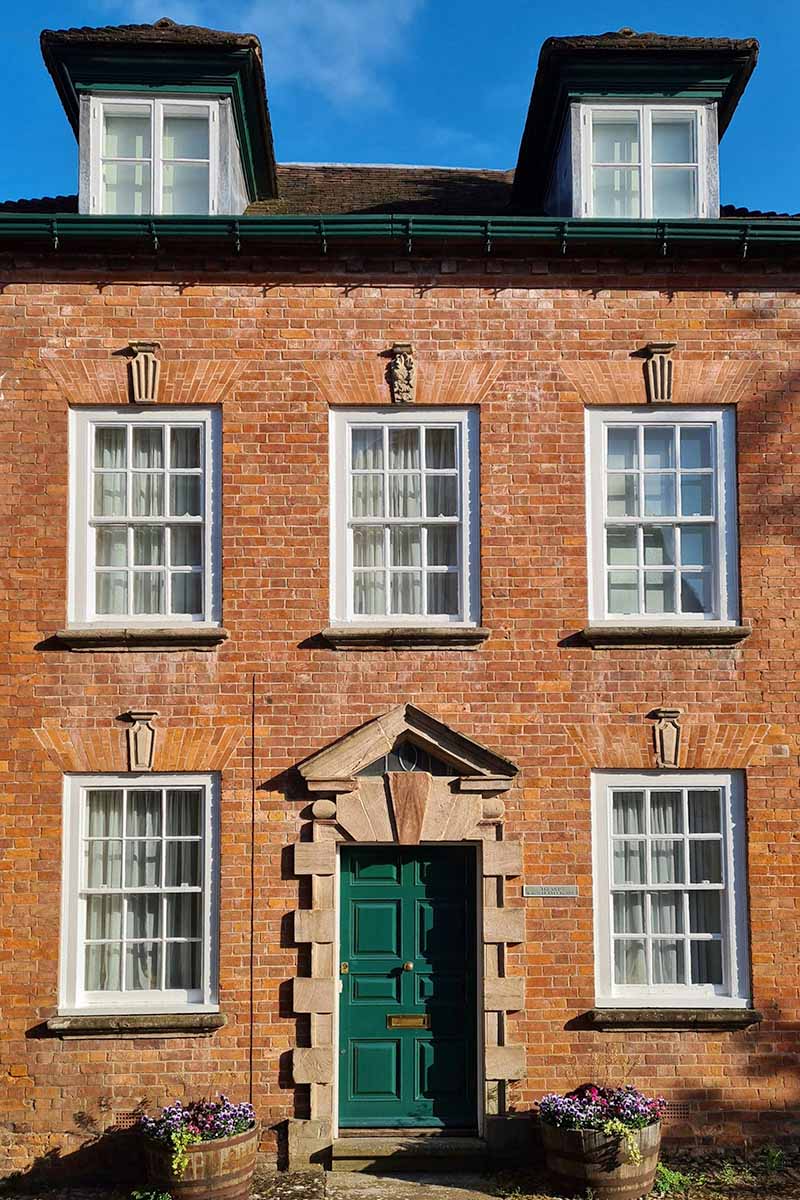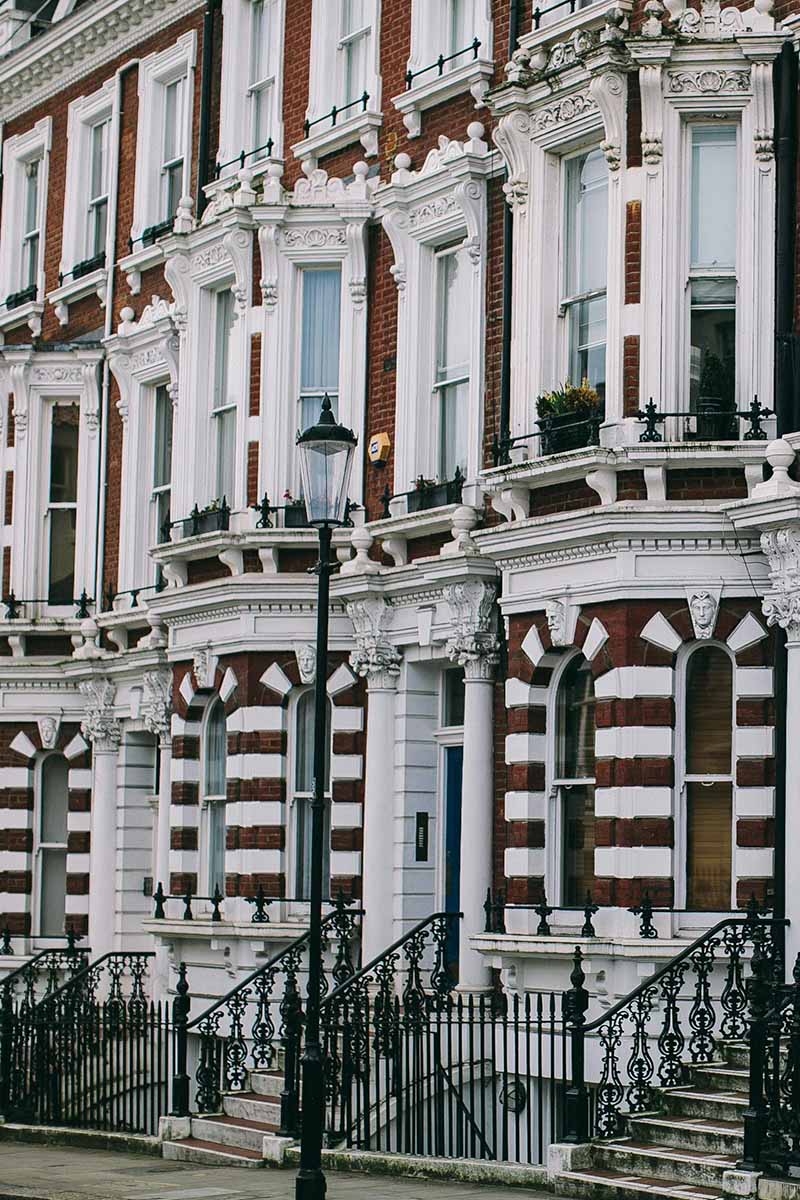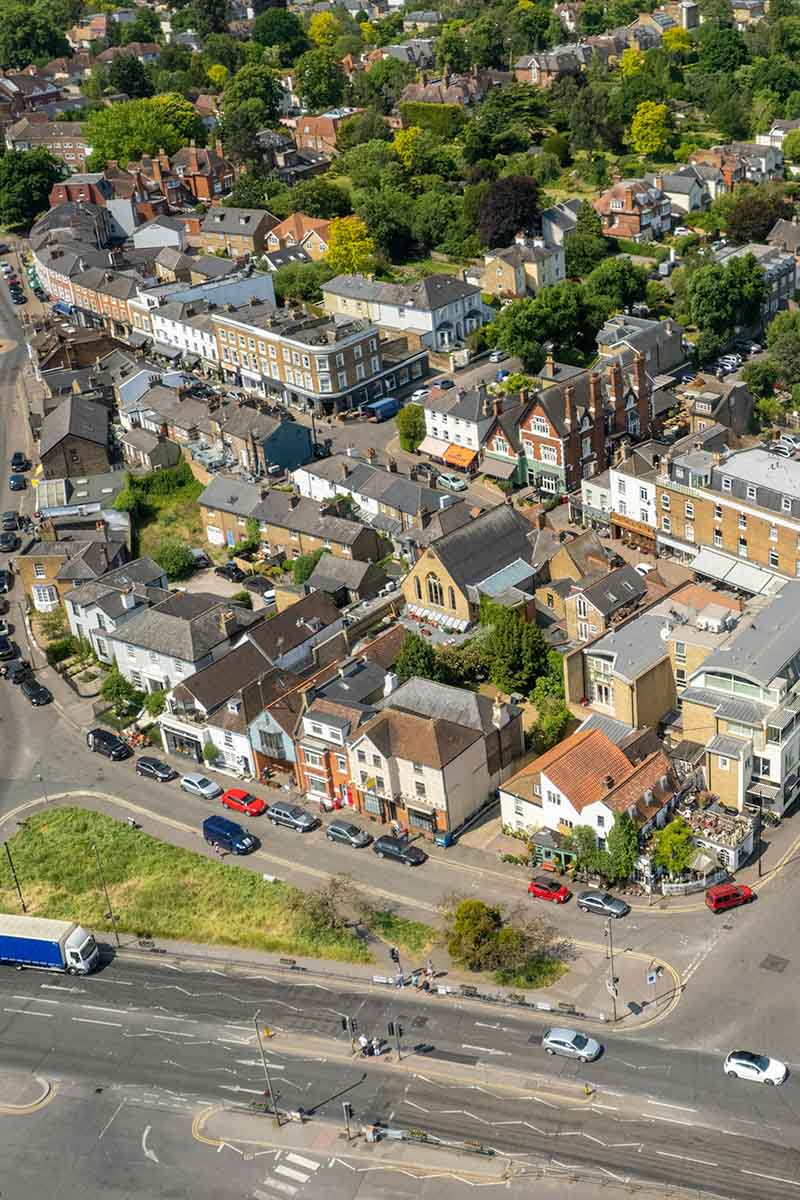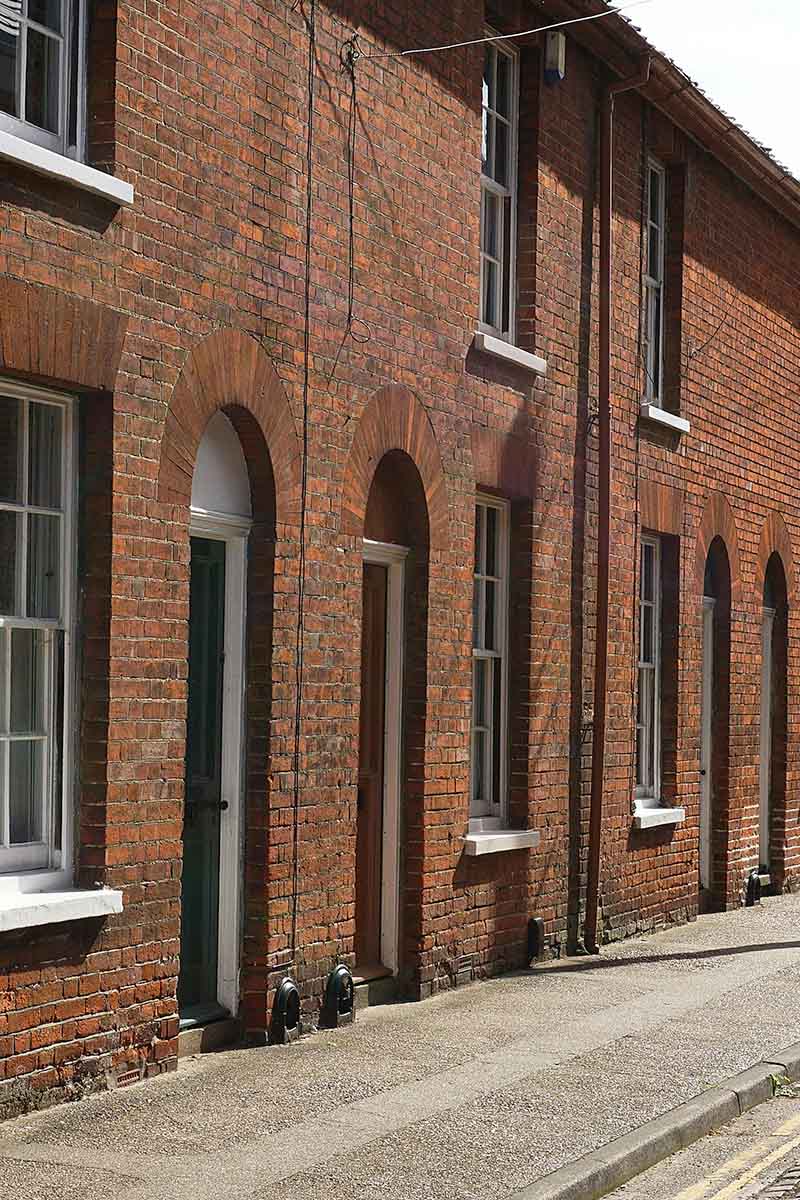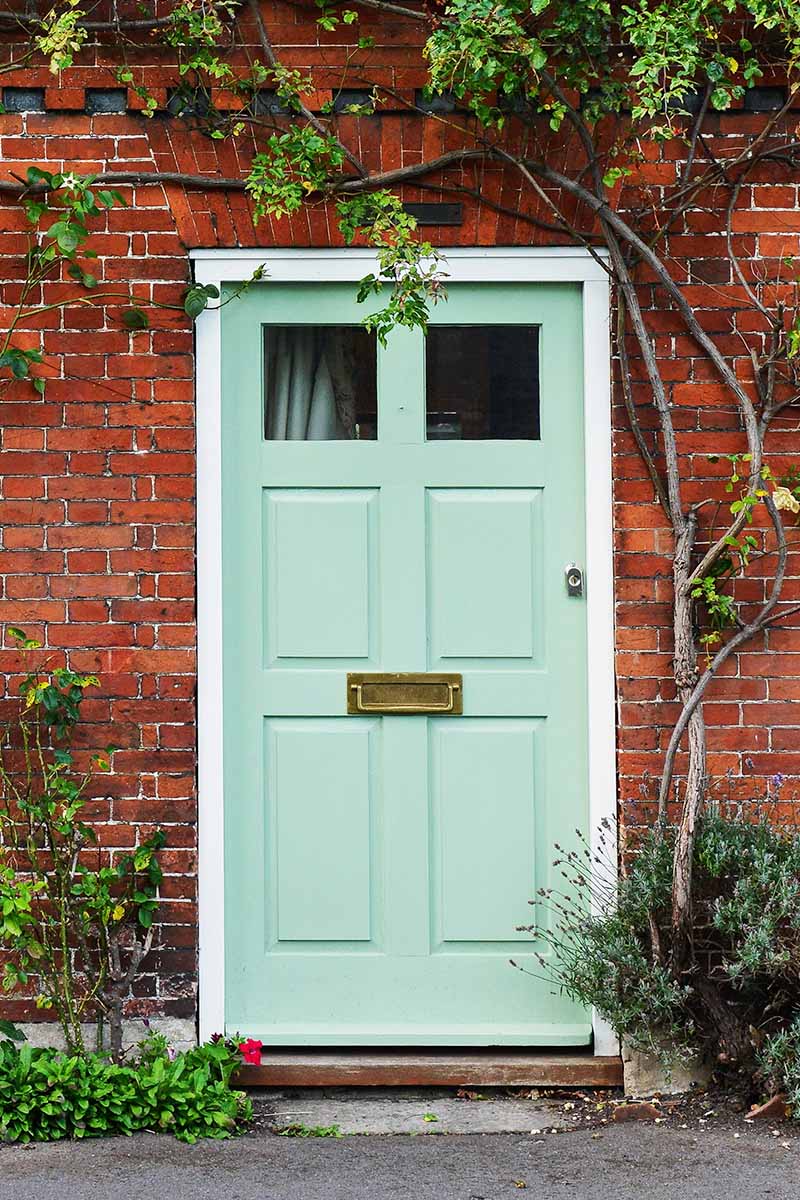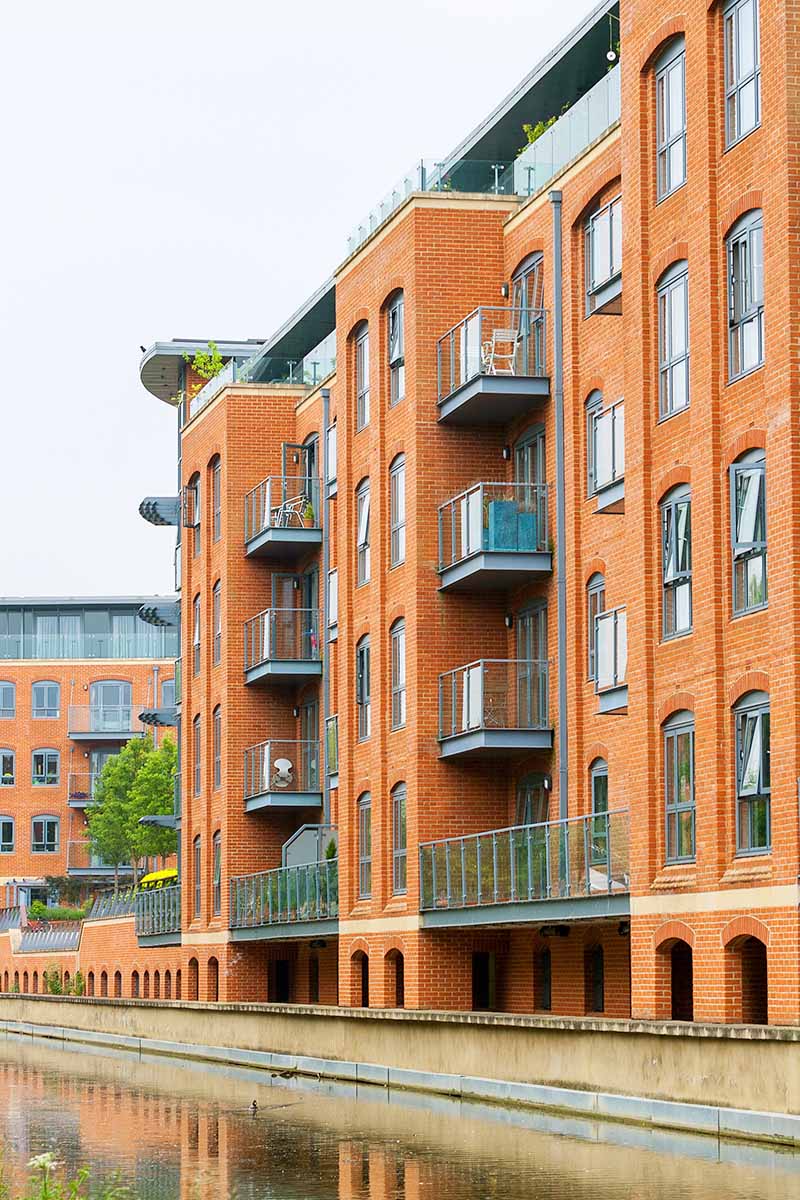Do you pay capital gains when you sell your house?
If you're thinking of selling your home, one question often comes up: Will I have to pay Capital Gains Tax (CGT)? The answer depends on your circumstances, such as whether it’s your main residence, how it’s been used, and if you’ve made a profit. In many cases, CGT won’t apply, but there are key exceptions to be aware of.
Capital Gains Tax may apply when you sell a property, but not always. Here’s what matters:
- If the property is your main home and meets all qualifying conditions, you’ll usually be exempt through Private Residence Relief.
- Second homes, buy-to-lets, and inherited properties can attract CGT if sold for a profit.
- The taxable gain is the difference between what you paid and what you sold it for, minus allowable costs or reliefs.
- If CGT is due, you must report and pay it within 60 days of completion.

When do you have to pay Capital Gains Tax on a house?
You may owe CGT if:
- The property is not your main home (e.g. buy-to-let, holiday let, second home).
- You’ve let out part or all of the home (excluding lodgers).
- You’ve used part of the property solely for business.
- The total land exceeds 5,000 square metres.
- You haven’t lived in the property throughout your ownership.
- You bought the home purely as an investment.
What is Private Residence Relief?
Private Residence Relief (PRR) is what exempts most homeowners from CGT when selling their main home. Full PRR applies automatically if:
- The property has been your only or main residence the whole time.
- You haven’t let out any part of it (excluding a single lodger).
- You haven’t used it solely for business.
- The grounds are under 5,000m².
- You didn’t buy it with the intention to sell at a gain.
Partial relief may apply if you only met these conditions for part of the time you owned the property.
How much is Capital Gains Tax on property?
For 2025–26, the annual CGT allowance is £3,000 per person. Gains above this are taxed as follows:
You can reduce your gain with allowable costs, such as:
- Estate agent and legal fees.
- Stamp Duty paid at purchase.
- Certain improvement costs (e.g. extensions).
Maintenance, decoration, and mortgage interest are not deductible.
Save time and hassle by selling your home with us
Get a guaranteed cash offer on any property in England and Wales. All you need to do to get started is enter your address below.
What if I’m selling a second property?
If you sell a second home, such as a buy-to-let or holiday property, CGT almost always applies. Here’s how it works:
- Work out the gain: Subtract what you paid (including legal and buying costs) from the sale price.
- Deduct allowable costs: These include Stamp Duty, estate agent and solicitor fees, and qualifying home improvements.
- Apply your CGT allowance: £3,000 per person (2025–26). Joint owners can combine allowances.
- Apply the CGT rate:
- 18% for basic rate taxpayers.
- 24% for higher or additional rate taxpayers.
Example:
You sell a second home for a gain of £50,000.
Subtract the £3,000 allowance = £47,000 taxable.
If you're a higher rate taxpayer, you pay 24%.
That’s £47,000 × 24% = £11,280 CGT due.
Can I deduct Stamp Duty and fees?
HMRC allows you to deduct several costs directly related to buying and selling the property:
- Stamp Duty Land Tax (SDLT).
- Estate agent fees.
- Solicitor and conveyancing fees.
- Surveyor costs.
- Capital improvements (e.g. new kitchen, loft conversion).
You cannot deduct:
- Mortgage interest or repayments.
- Maintenance or general repairs.
- Utility bills or council tax.
These deductions reduce your taxable gain, so it’s important to keep good records.
What about inherited property?
You won’t owe CGT just for inheriting a property — but you may owe it if you sell it for more than its probate value.
- The gain is calculated from the probate valuation to the sale price.
- Allowable costs like legal fees and improvement works can be deducted.
- If multiple people inherit, the gain is split based on ownership share.
- If you move in and make it your main home, part or full PRR may apply.
What happens during or after divorce?
As of 6 April 2023, updated rules give separating spouses more time to transfer property without triggering CGT:
- You have up to three years from separation to transfer assets tax-free.
- Transfers made as part of a formal divorce settlement are generally CGT-exempt.
- If the property is later sold, PRR may still apply for the partner who moved out, for up to nine months — longer in some cases.
- If the home was jointly owned and sold for a profit, CGT could apply to the gain.
How Capital Gains Tax applies in other real-life situations
Here’s how CGT may apply to common home-selling scenarios we deal with at Habello:
Multiple properties
You can only nominate one home for PRR. If HMRC hasn’t been notified, they’ll assess based on actual use — not ownership — which can lead to unexpected CGT.
Downsizing
If your main residence qualifies for PRR, no CGT applies. But if you’ve rented part out, or used part as a home office, partial CGT may still be due.
Repossession
No CGT if it’s your main home and PRR applies. If it's a second property, any gain will be taxable, even in distress sales.
Landlord issues
Selling a rental property often means CGT applies. Deduct improvement costs, fees, and your annual allowance to reduce your liability.
Financial difficulty or loan repayment
The tax rules don’t change due to hardship. PRR still protects your main home, but investment properties sold to repay loans will face CGT if sold for a gain.
Relocation
If you’ve moved and no longer live in the property, CGT may apply — unless it’s sold within the final nine months or still qualifies for PRR.
Releasing cash
Selling a second home to release equity triggers CGT. PRR protects your main home, but not additional properties.
Change of circumstance
Unexpected events — like illness or redundancy — don’t exempt you from CGT, but may allow for tailored relief if selling a previously occupied main home.
Retirement sale
Selling your main home? No CGT. Selling a holiday or investment property? CGT applies, but deductions and planning can help reduce your bill.
Broken chain
Selling quickly to avoid a chain breakdown doesn’t affect CGT eligibility — only how the property has been used does.
Bridging loan alternative
Selling to unlock cash instead of taking a loan won’t change the CGT rules. What matters is whether the home is your main residence or not.
Summary table: when CGT applies
Can you reduce or avoid CGT?
Yes, these tools may help lower your tax bill:
- Private Residence Relief – Most useful exemption.
- Lettings Relief – Limited use now, but still applies in some shared occupancy cases.
- Spousal transfers – Married couples can transfer properties CGT-free.
- Offsetting losses – Use other capital losses to reduce your gain.
How to report and pay CGT
If CGT applies, you must:
- Report the sale via HMRC’s CGT service.
- Pay within 60 days of completion
Late reporting may incur penalties and interest. Always keep records of your costs and timelines.
Need a faster, more certain sale?
Whether you're selling a second home, managing a probate property, or navigating a divorce, we can help.
We offer:
- A guaranteed final offer within 48-72 hours.
- Flexible completion timelines around your schedule.
- No legal fees when using our partner solicitor.
- A chain-free, stress-free sale on your terms.
Property owners are choosing Habello for a faster, easier and less stressful way to sell
Sell your home quickly for cash by accepting an offer just below market value. See how we compare to your other options by using the calculator below.
Related guides
Bring yourself up to speed with our property guides.



